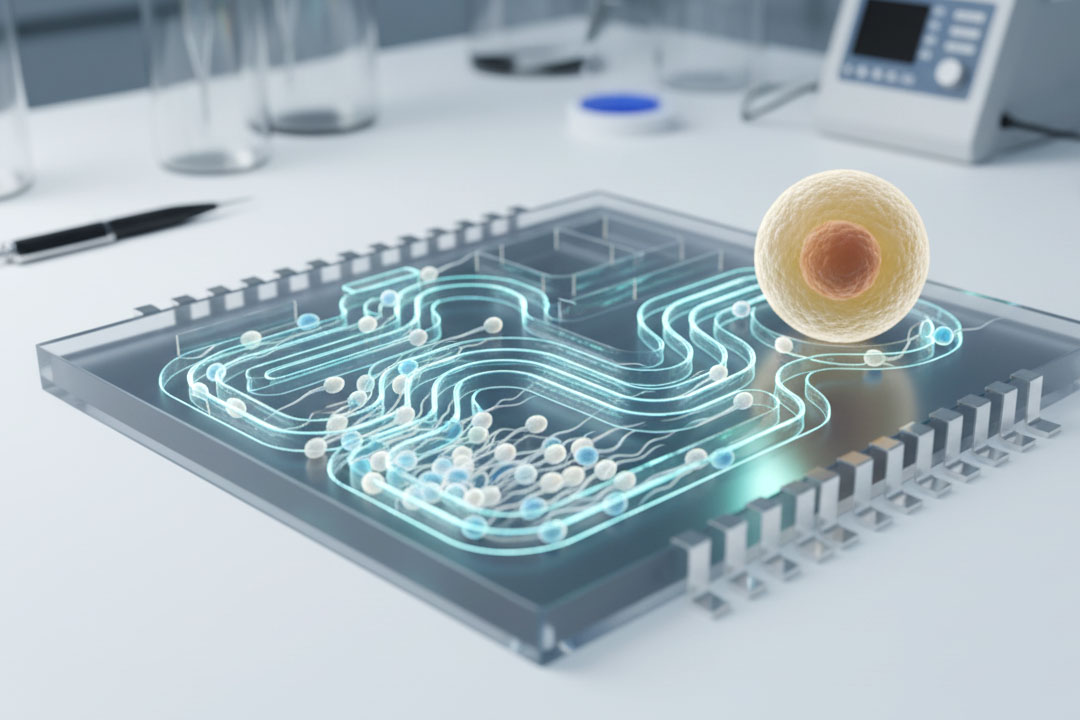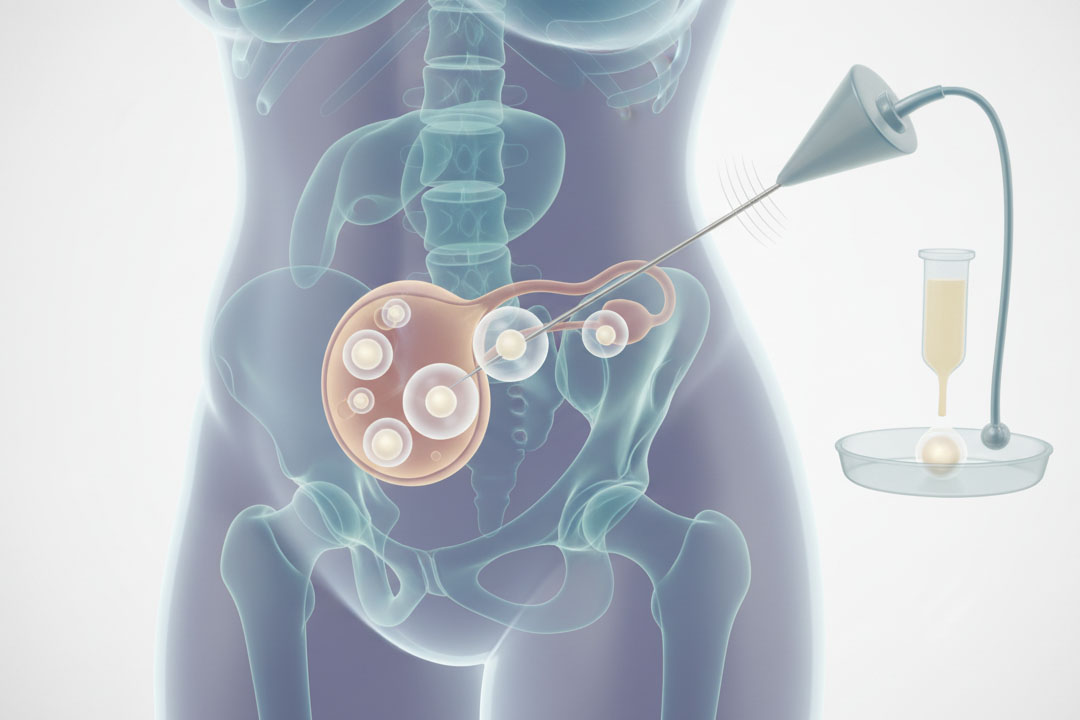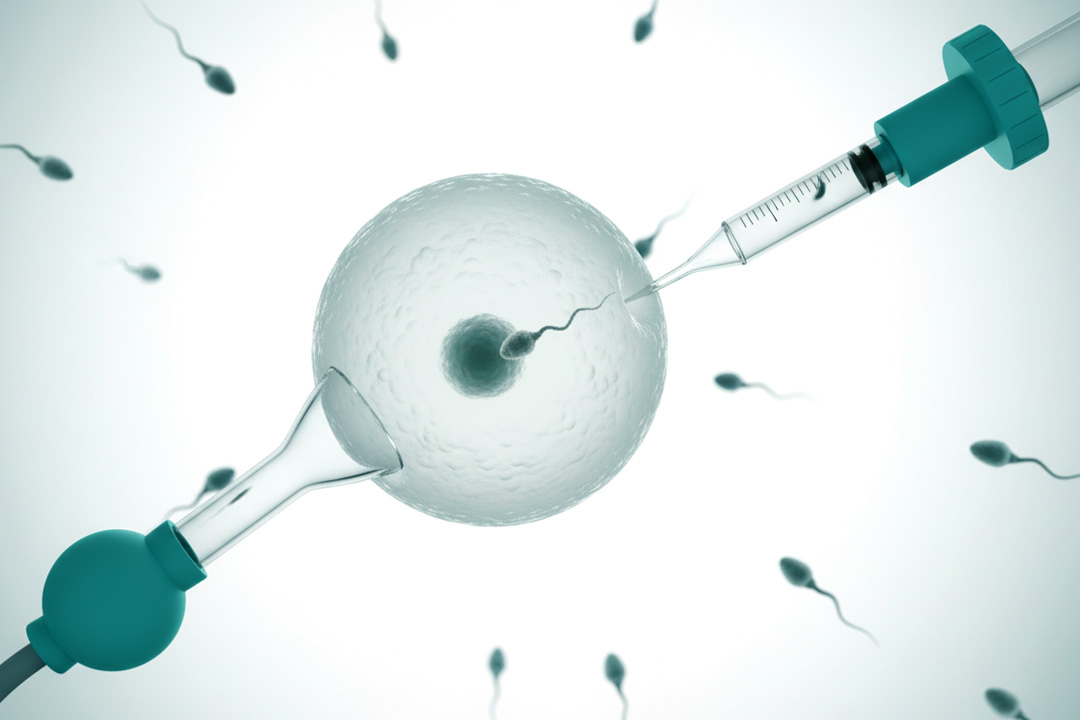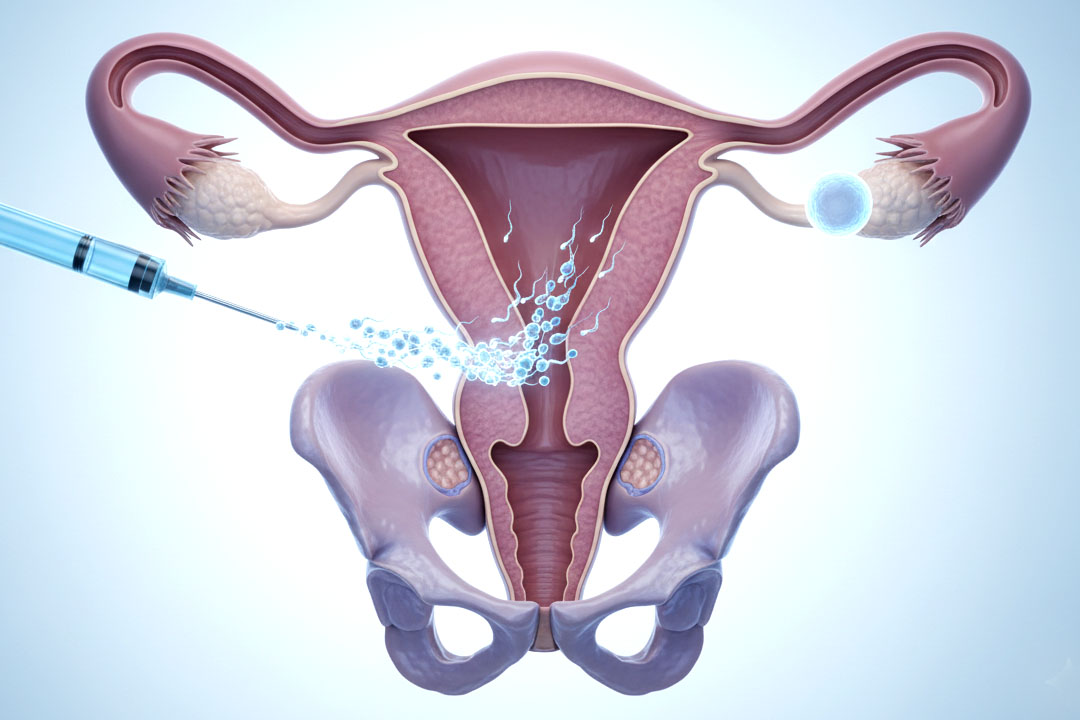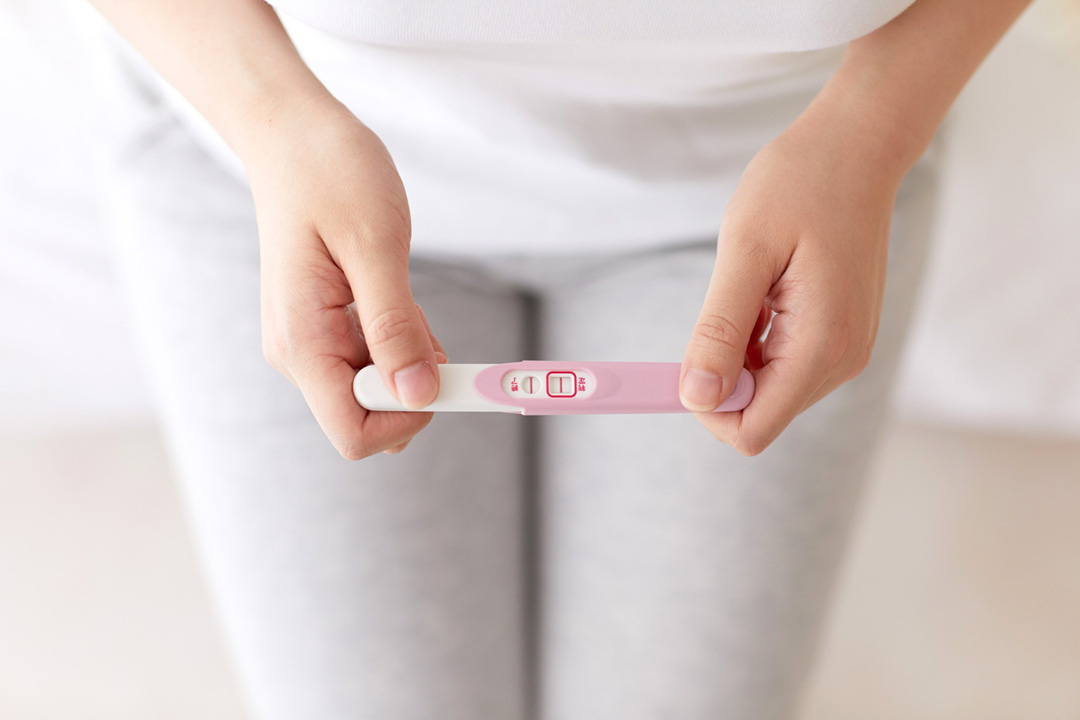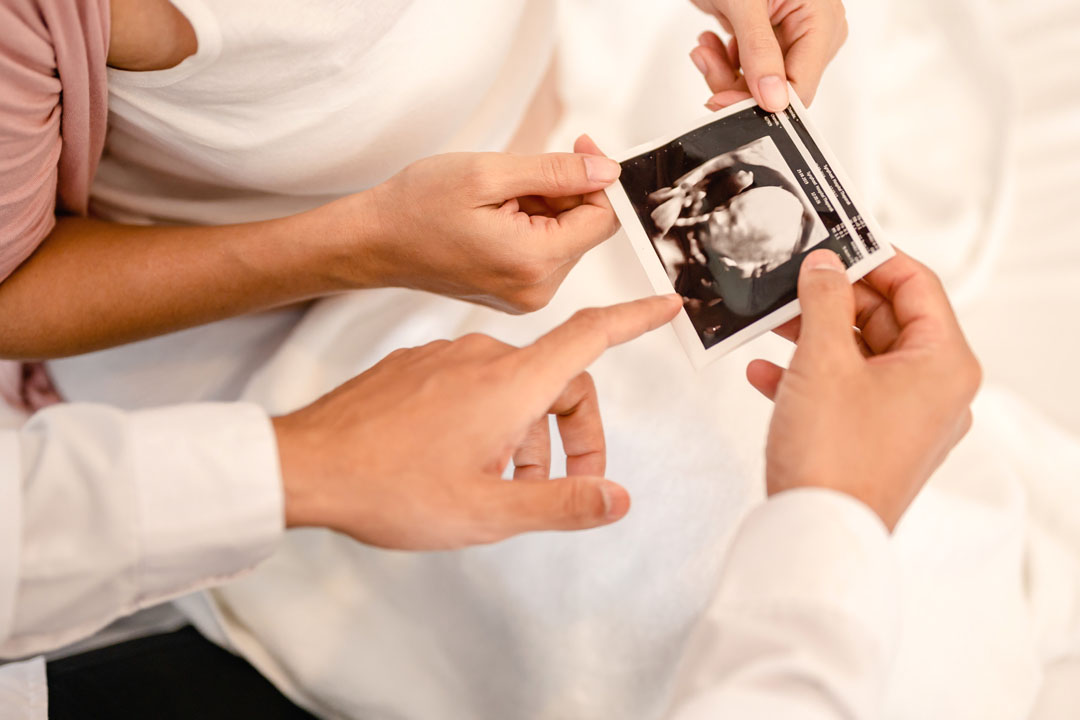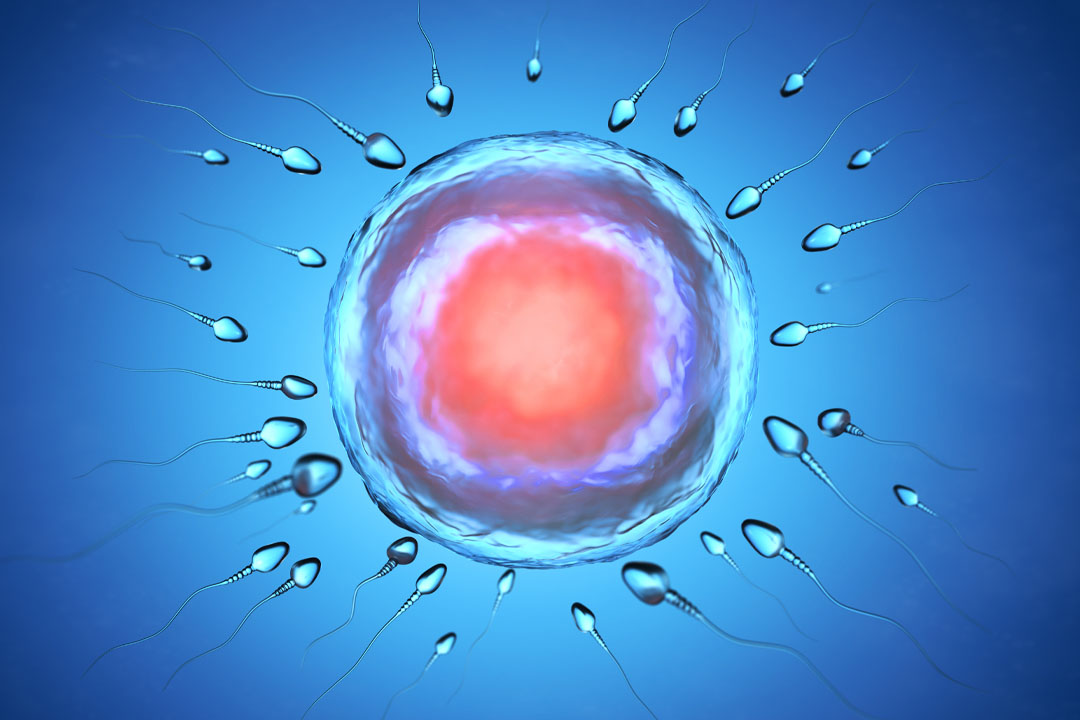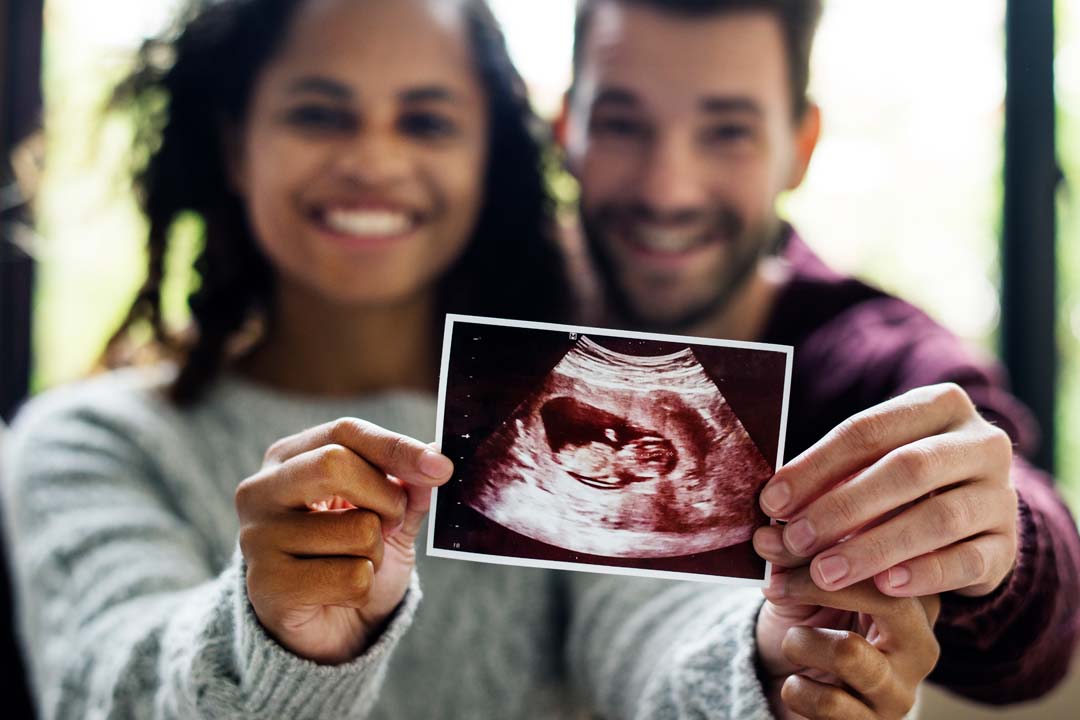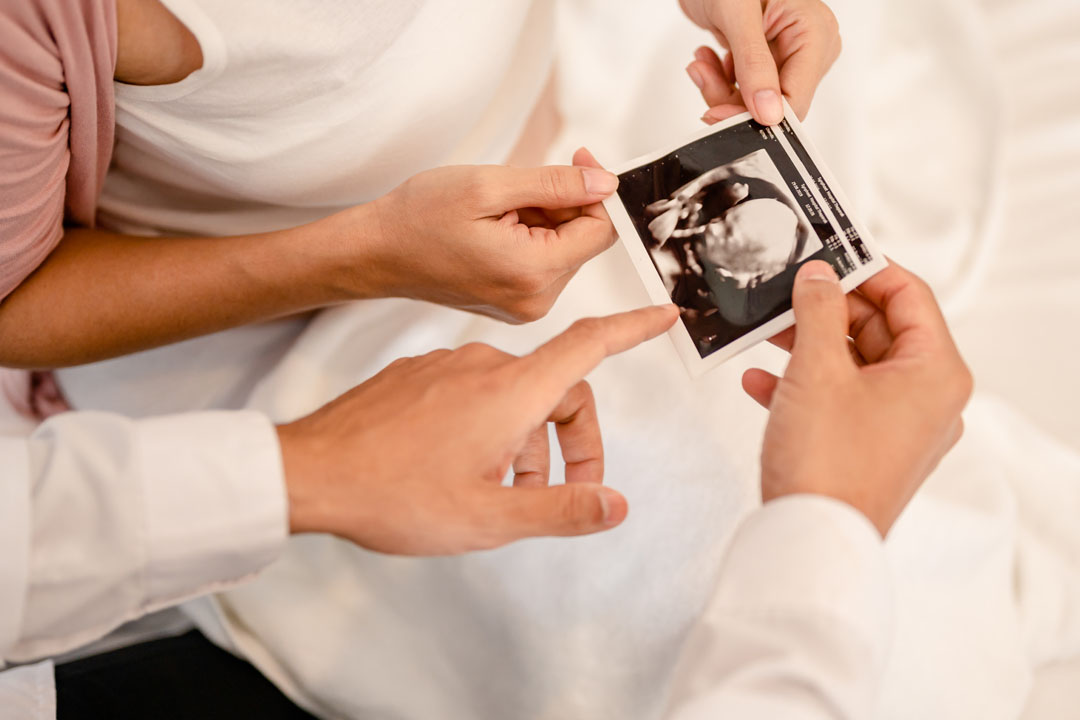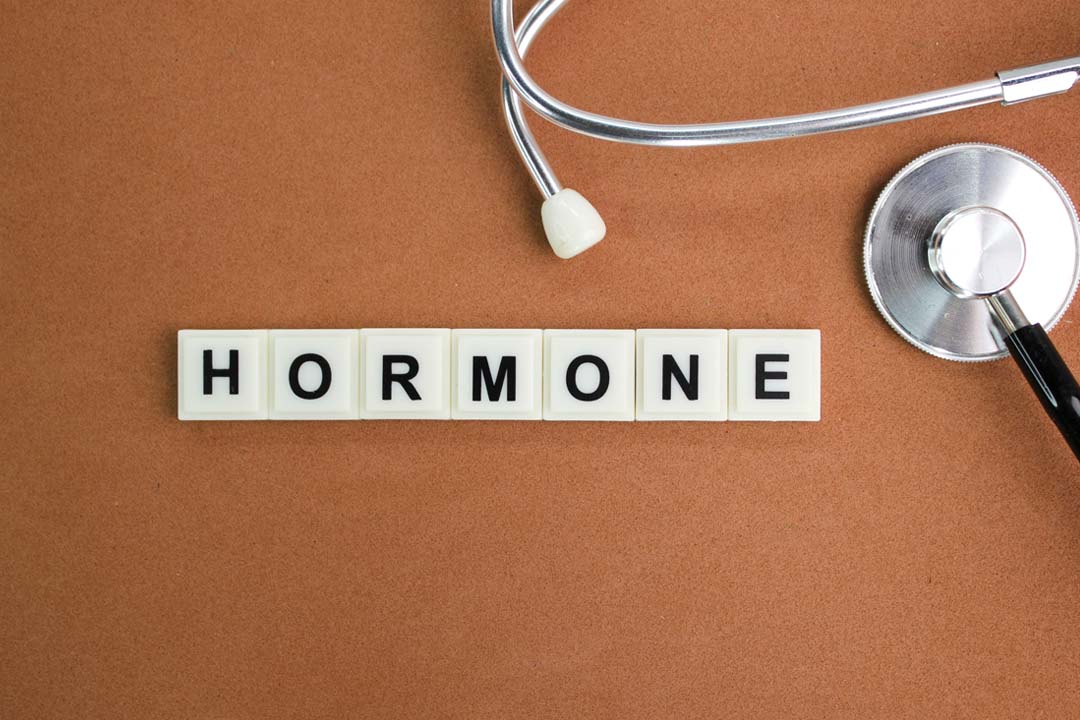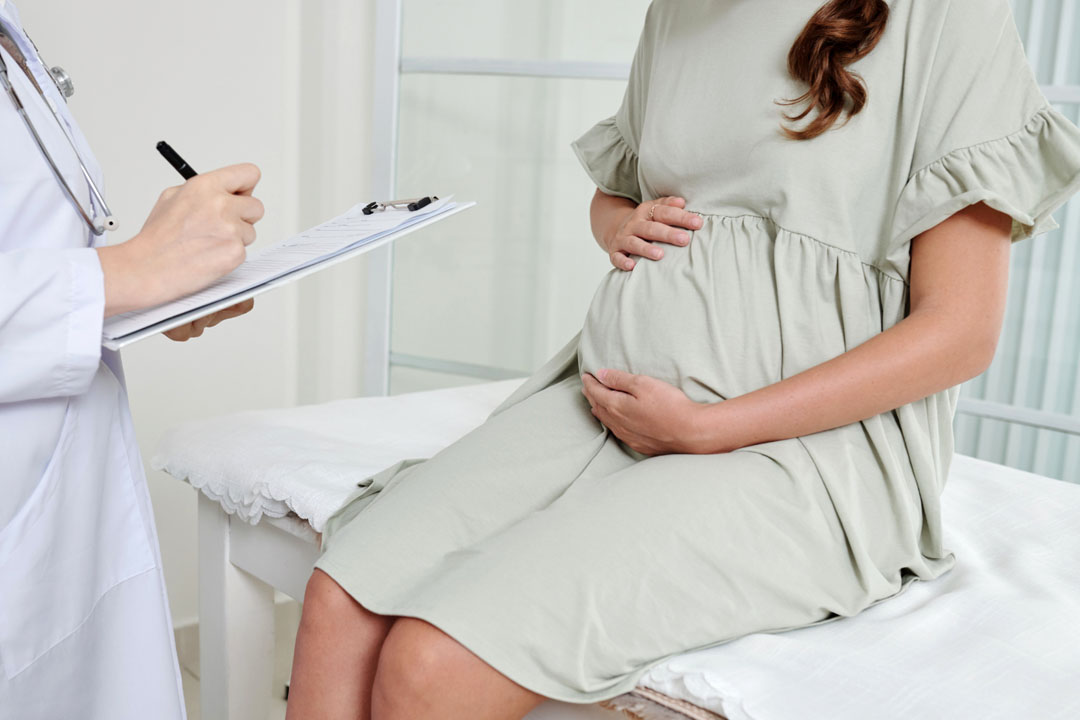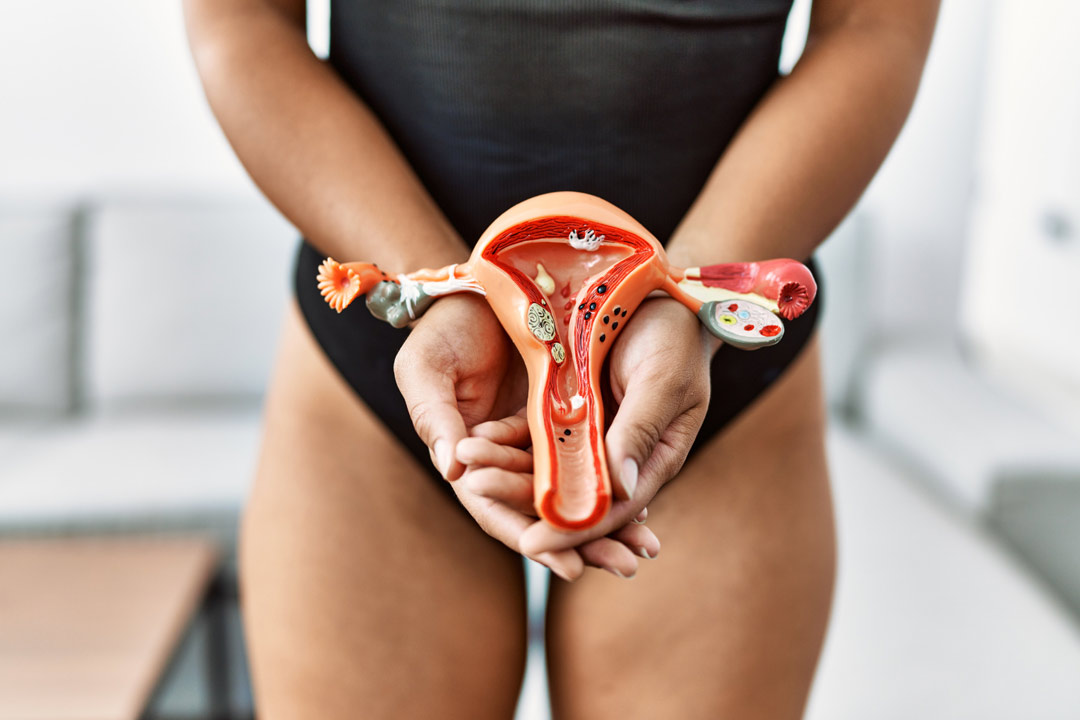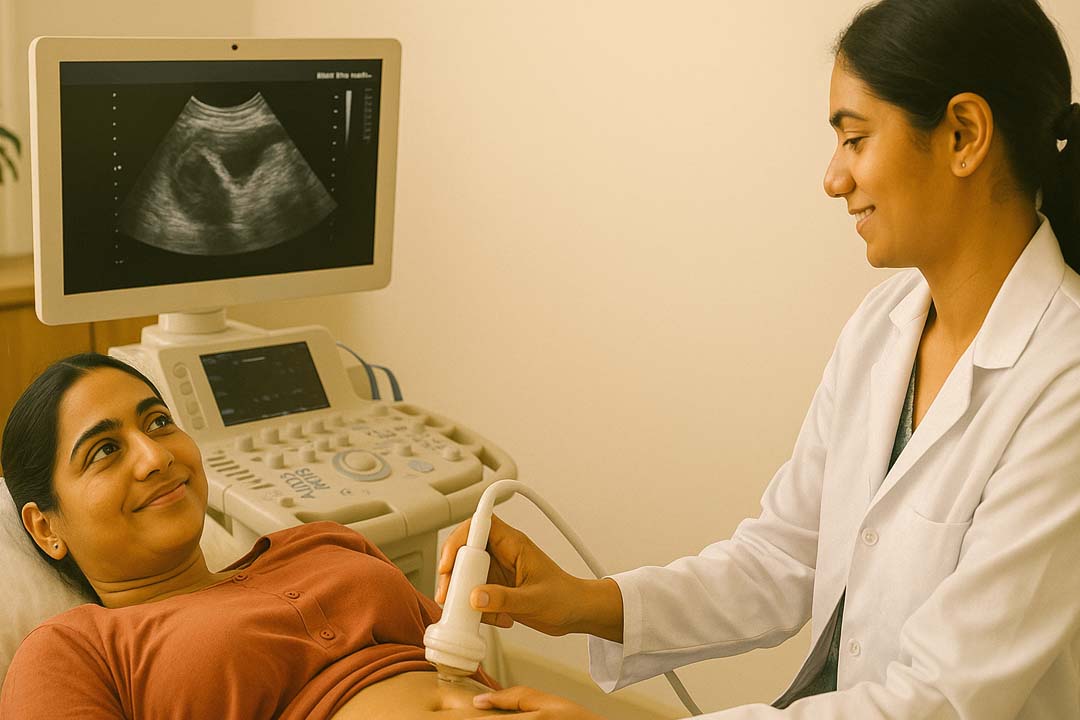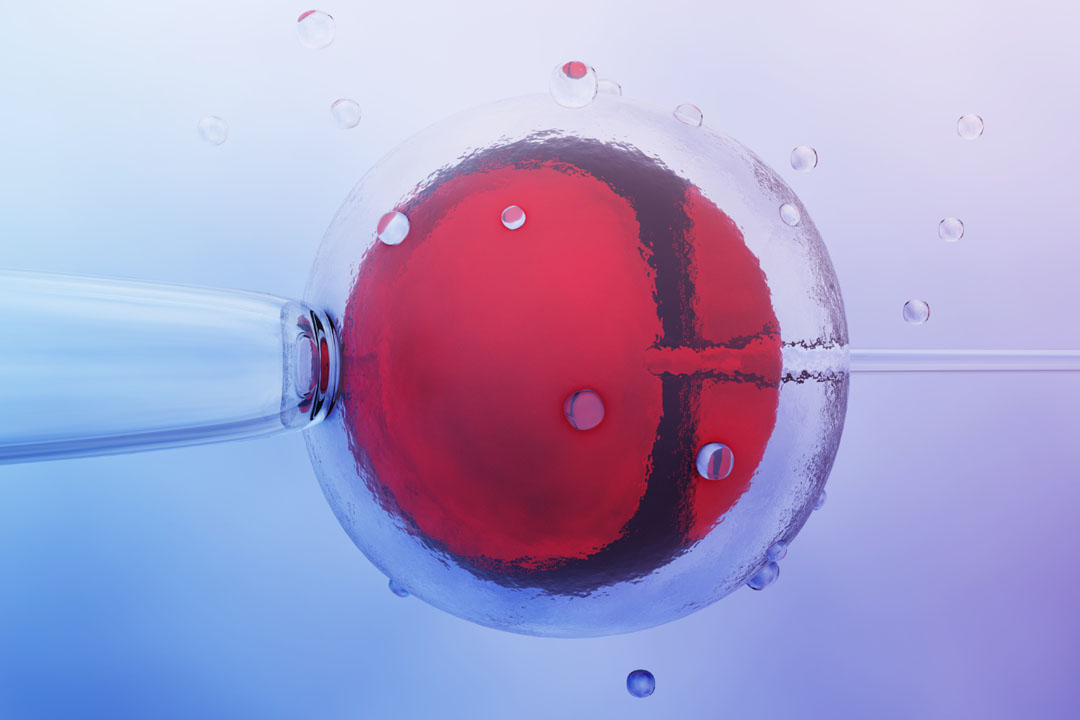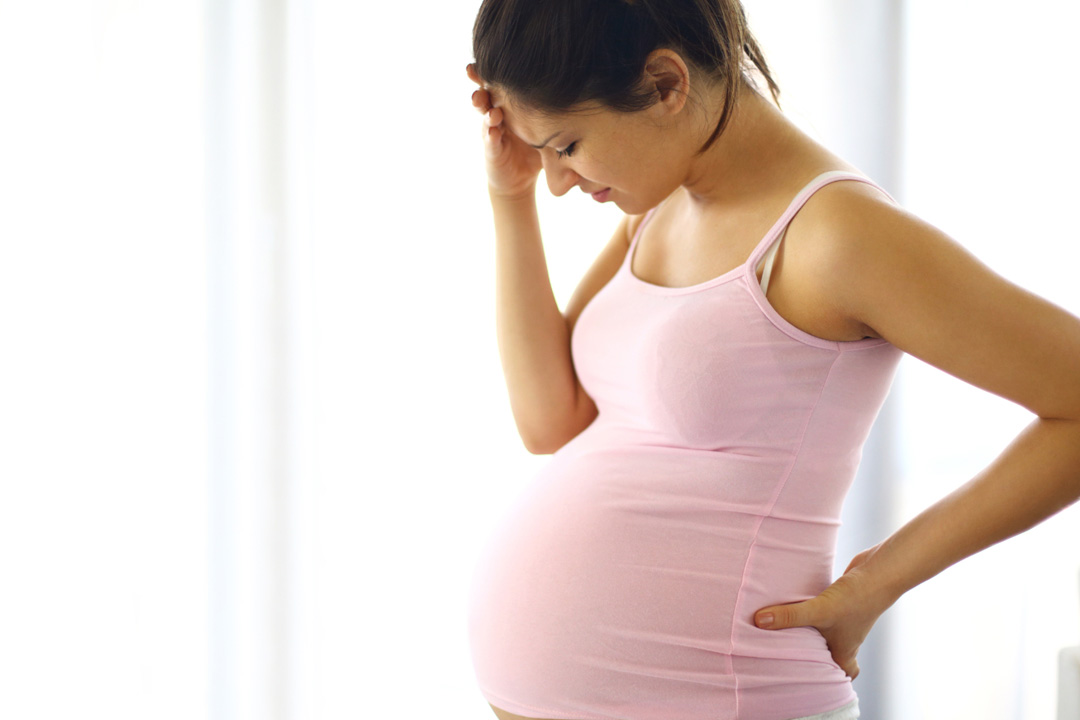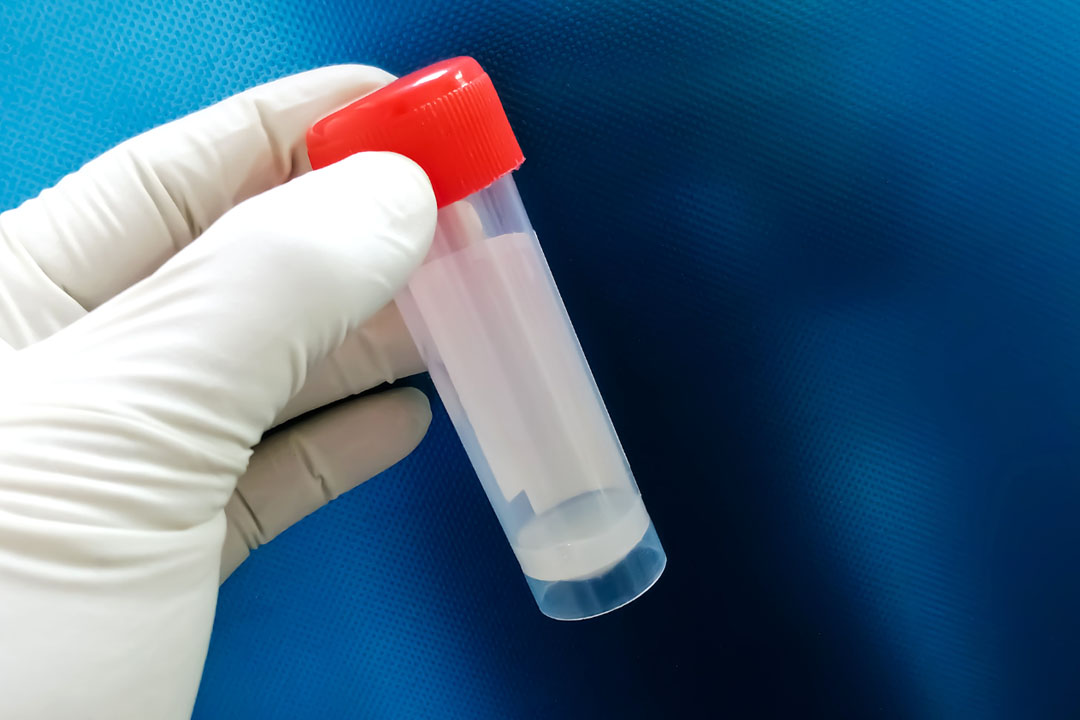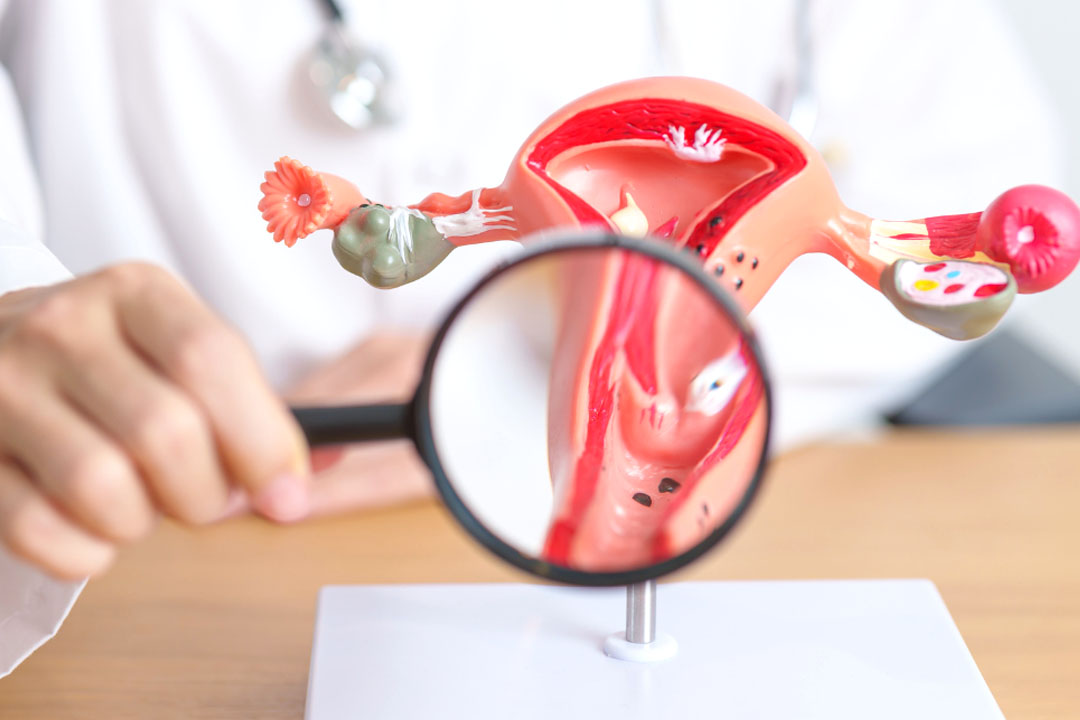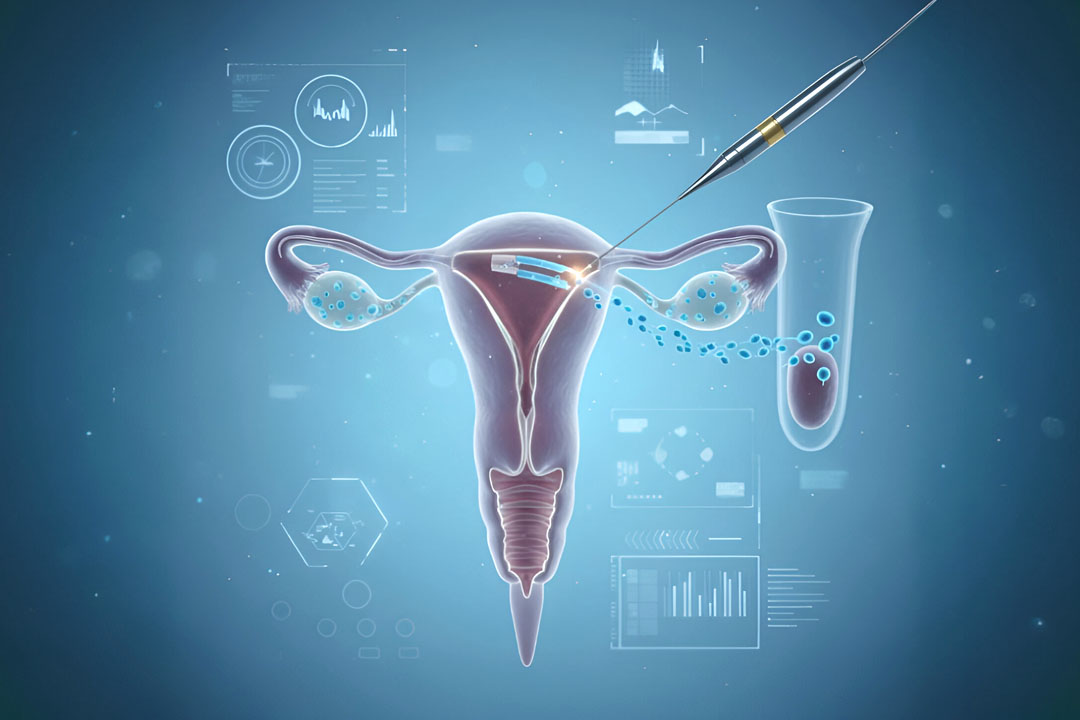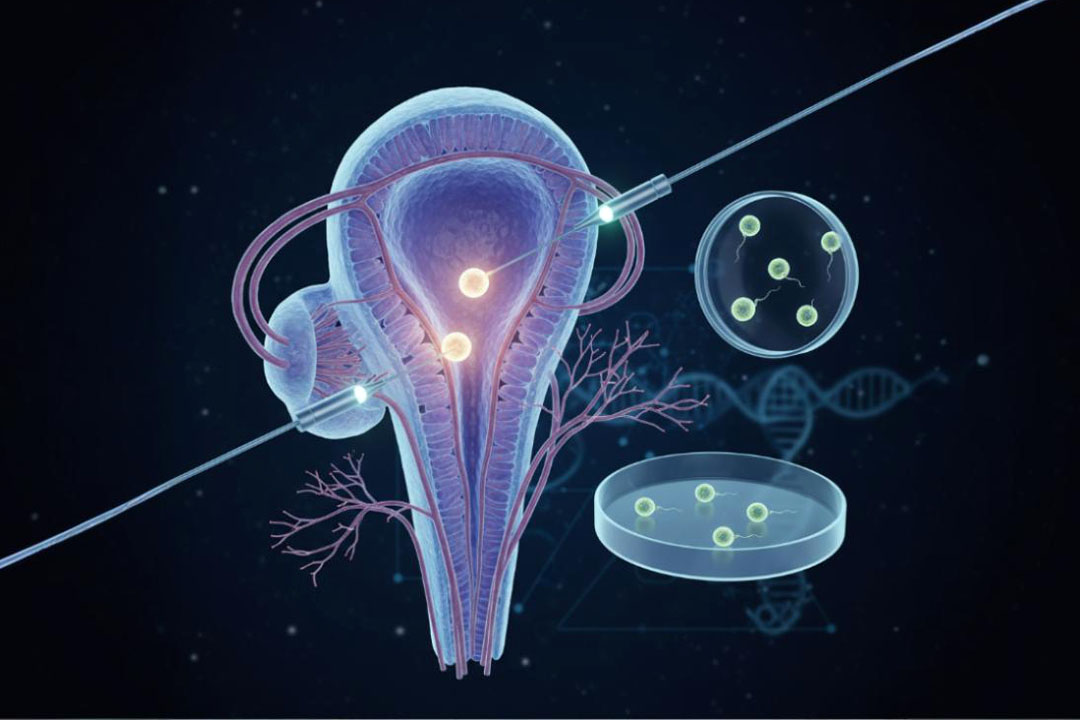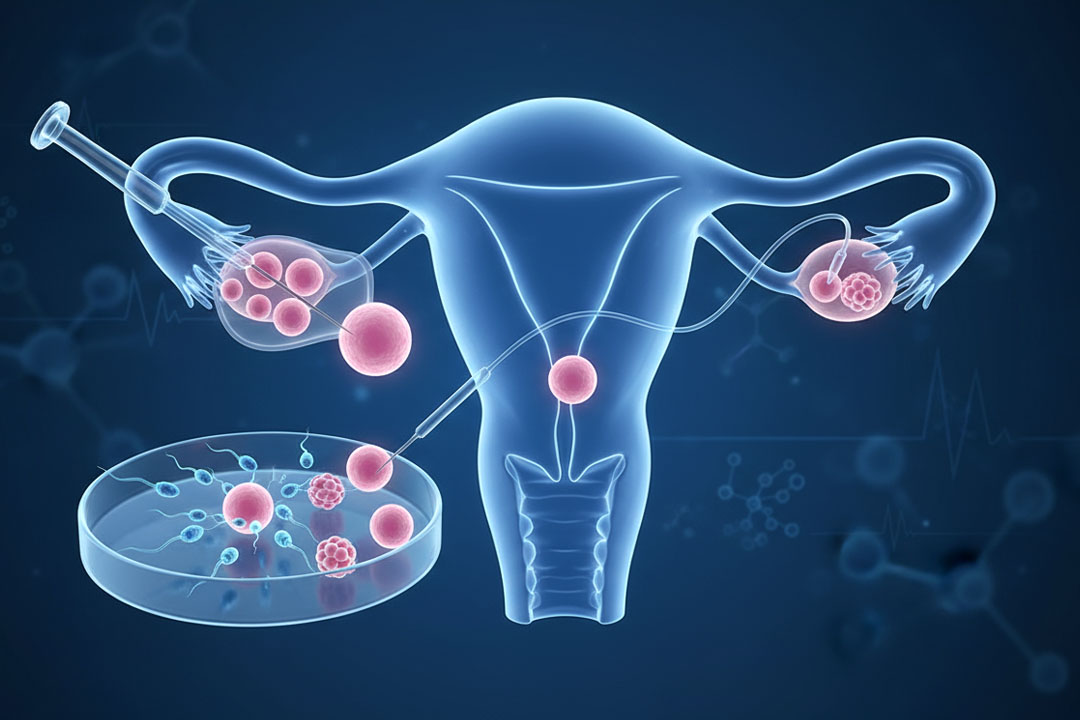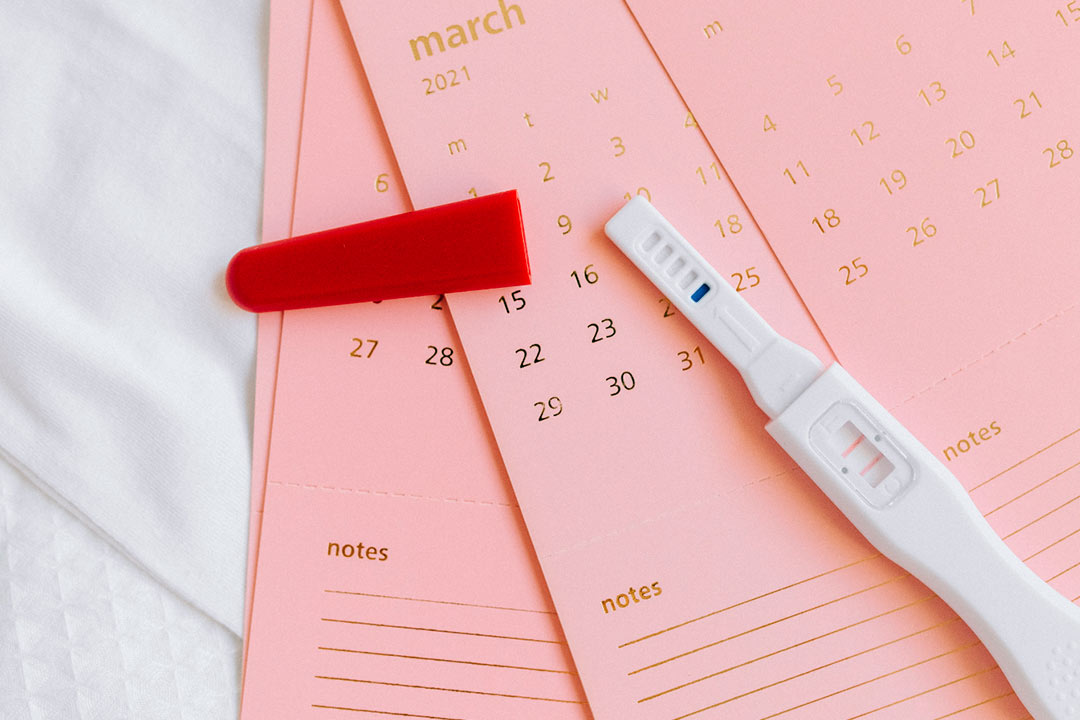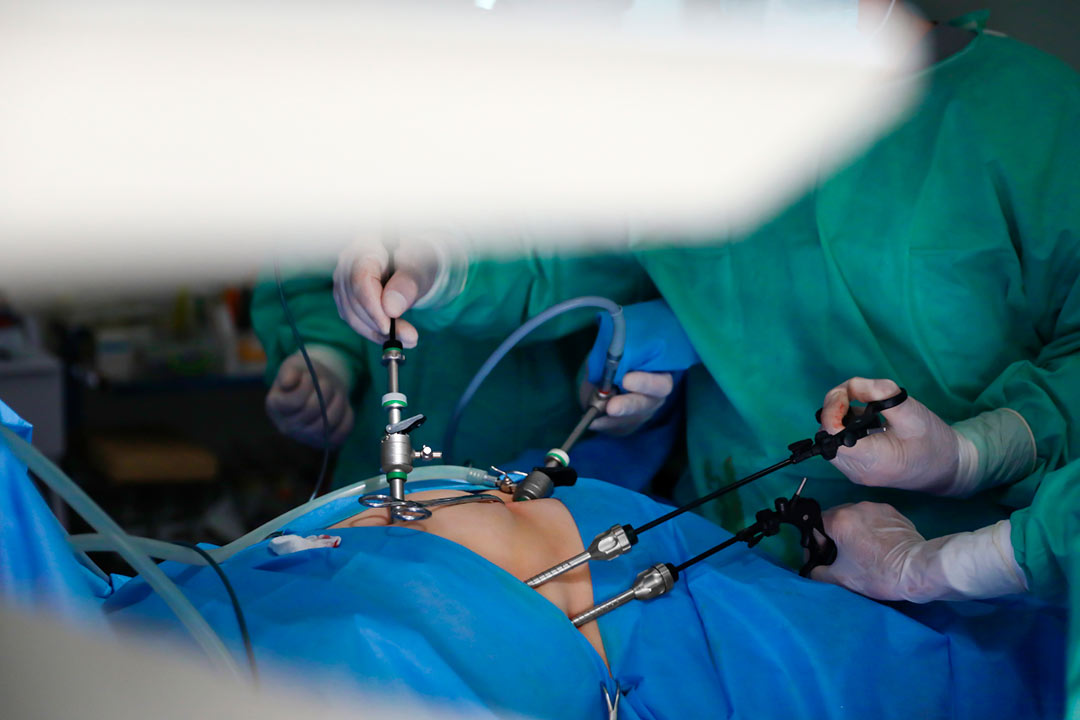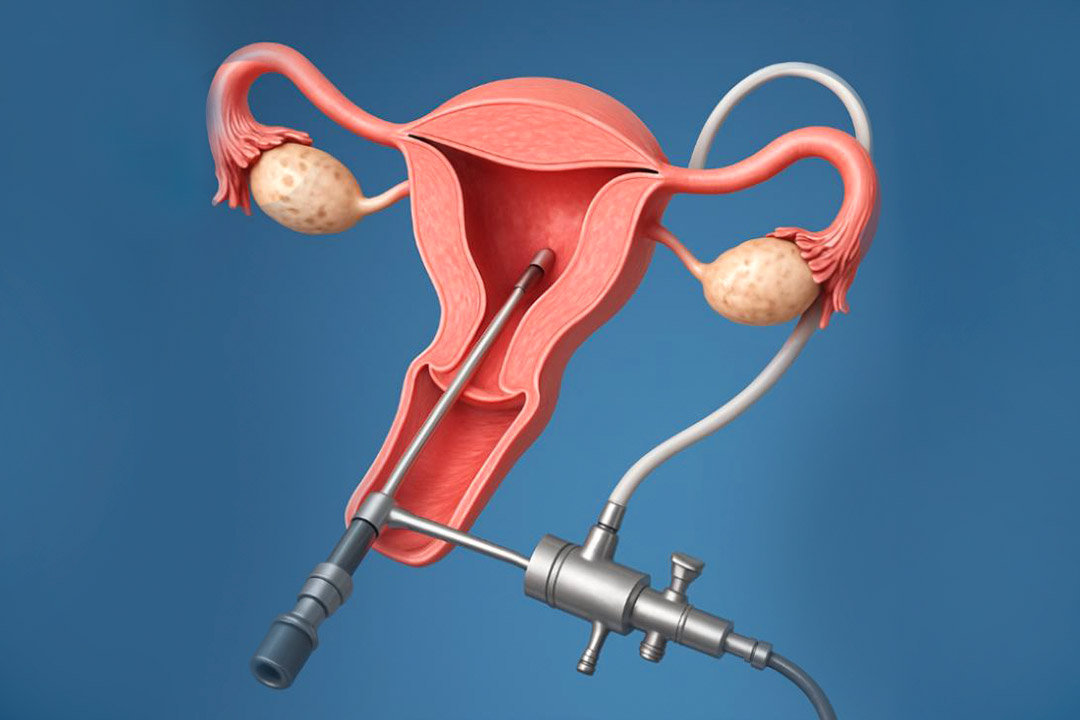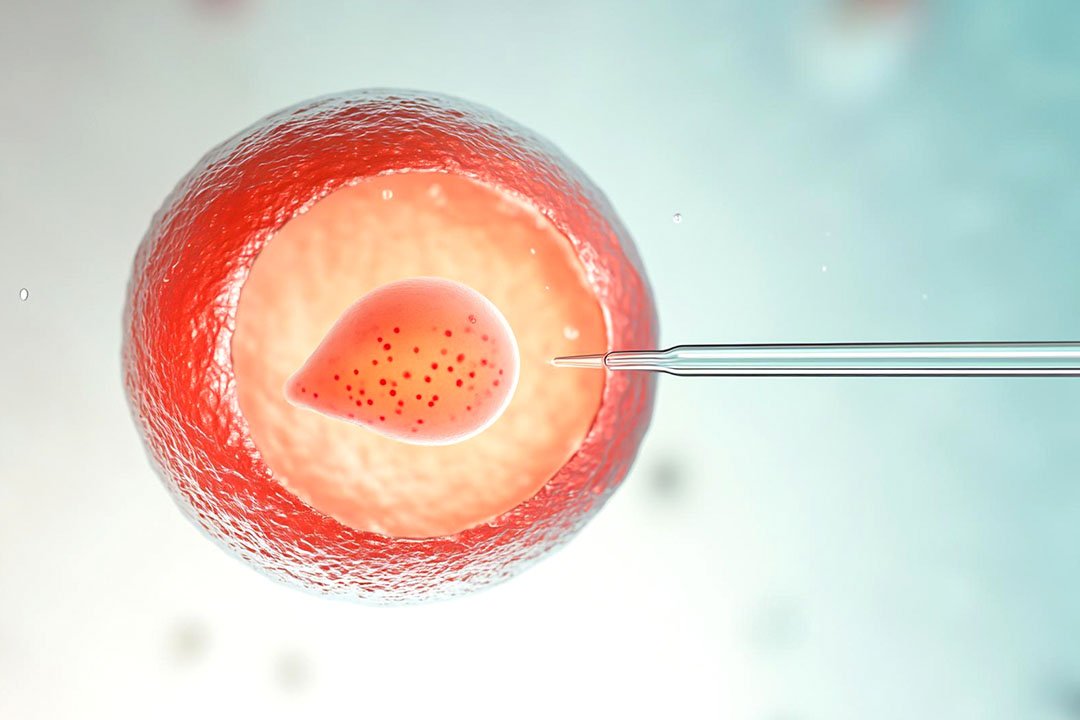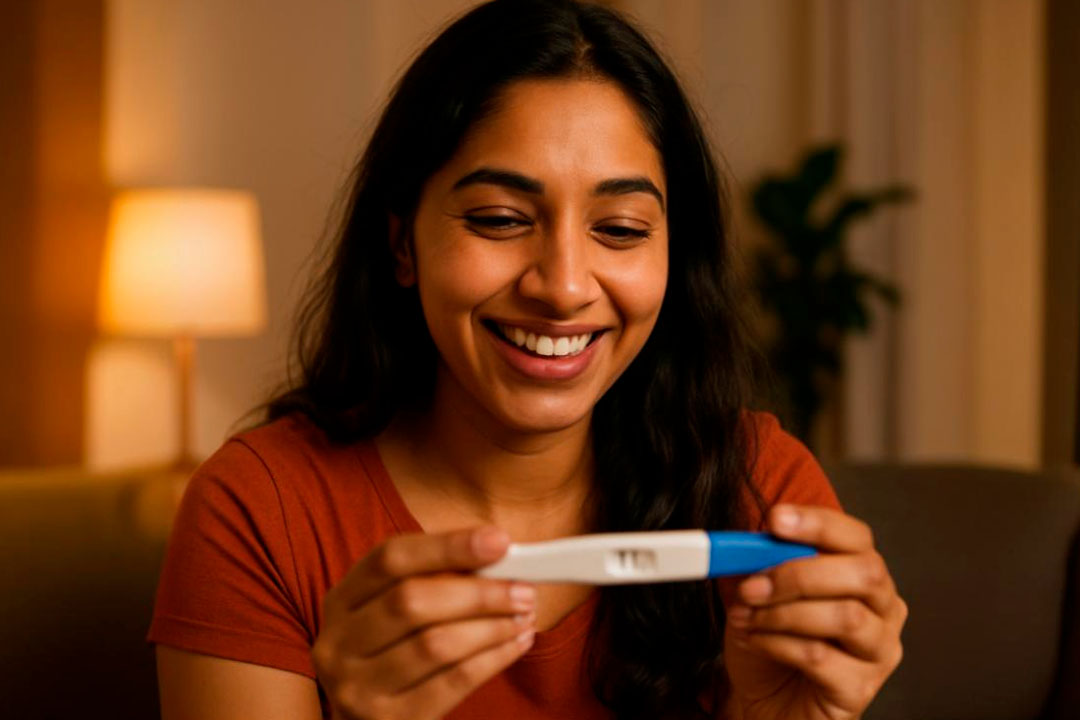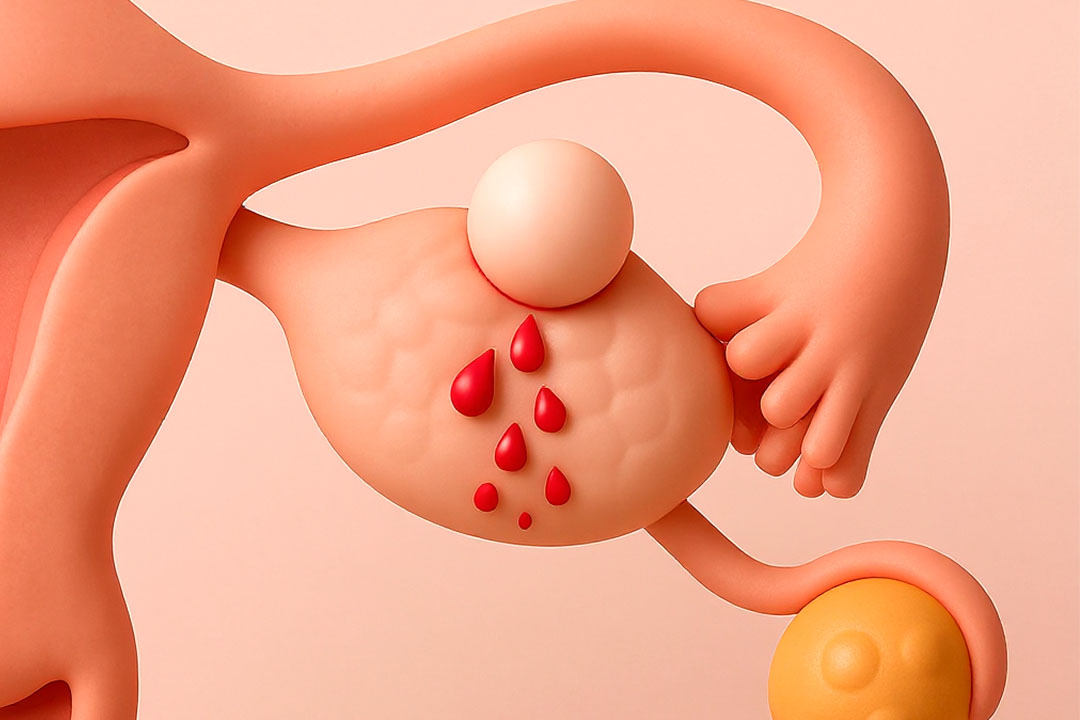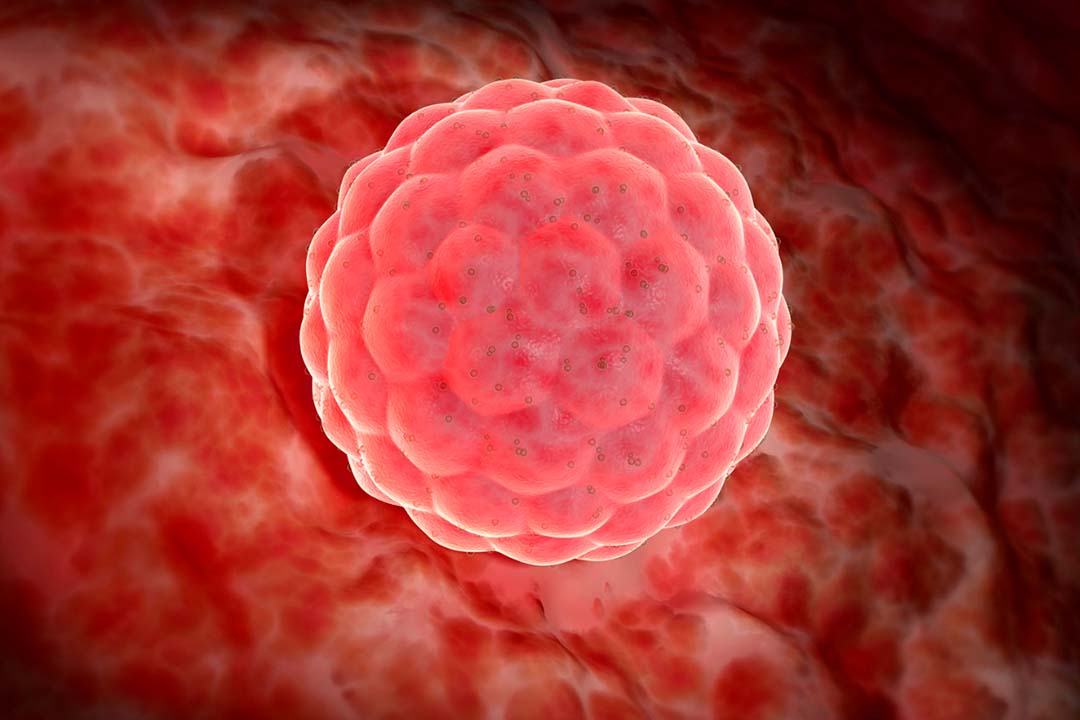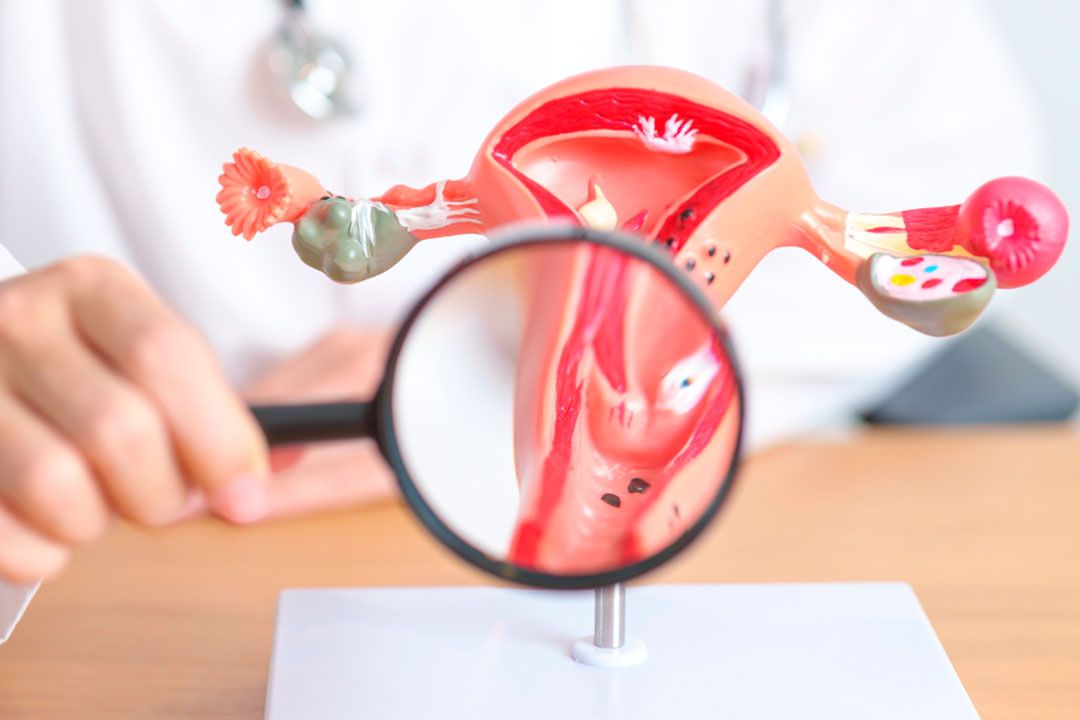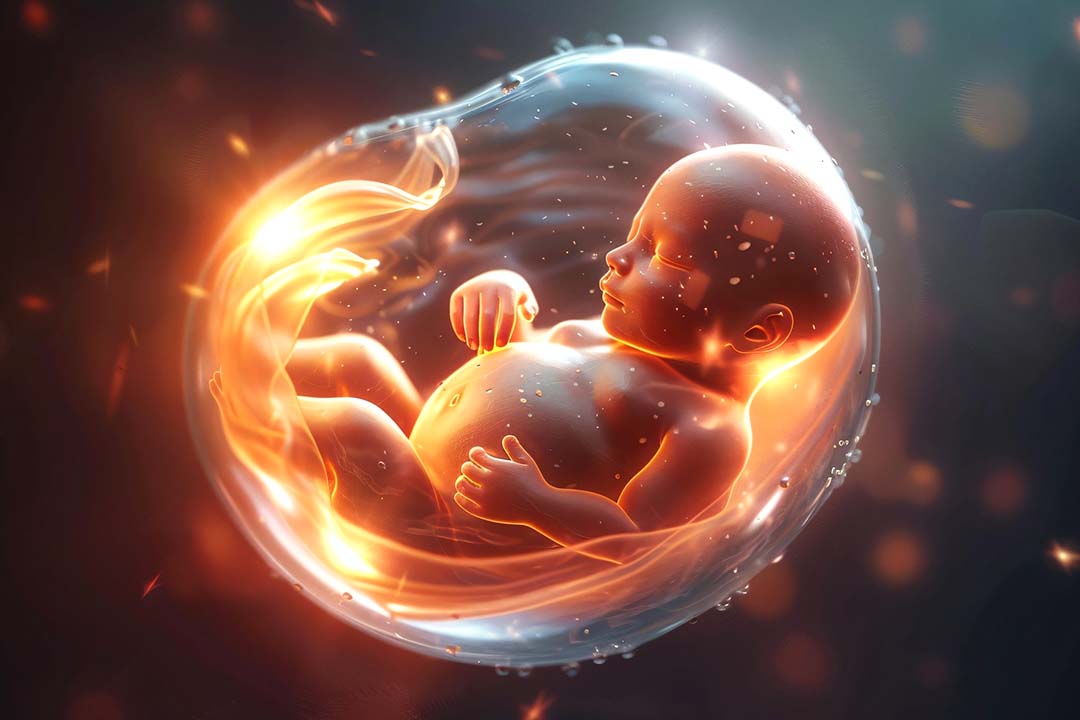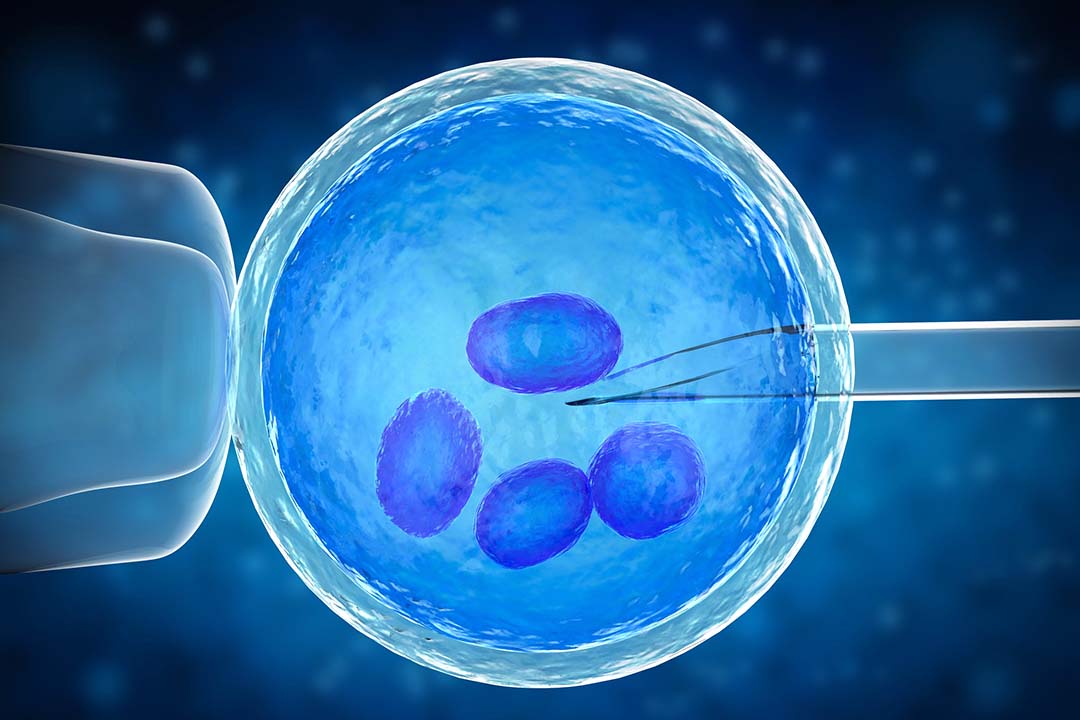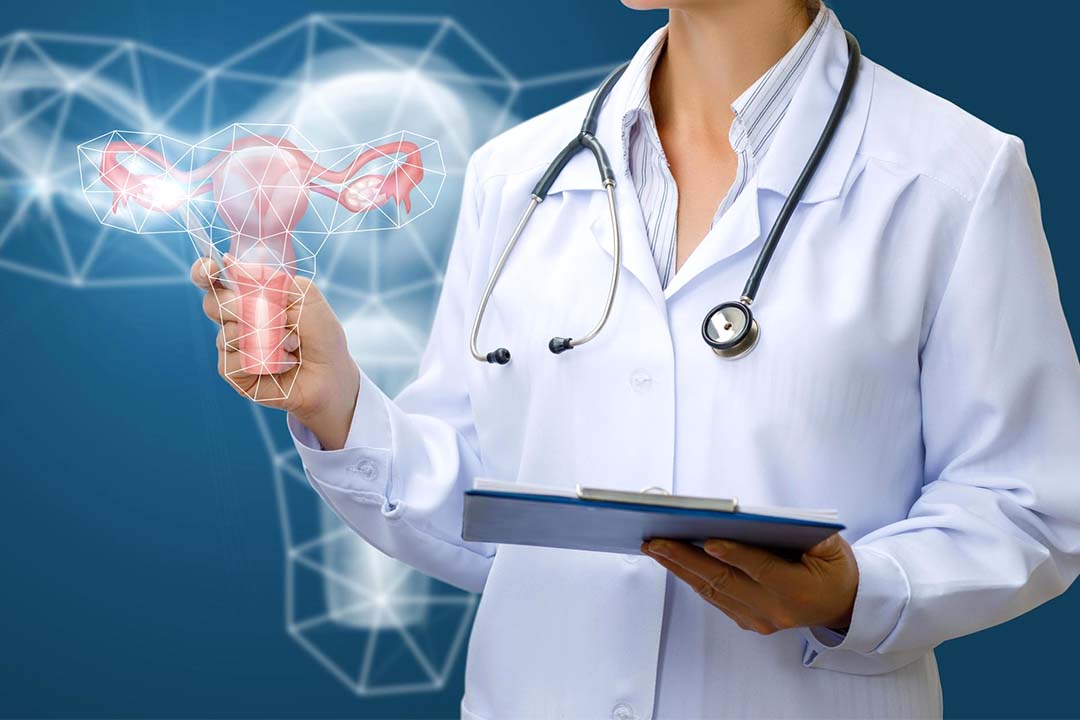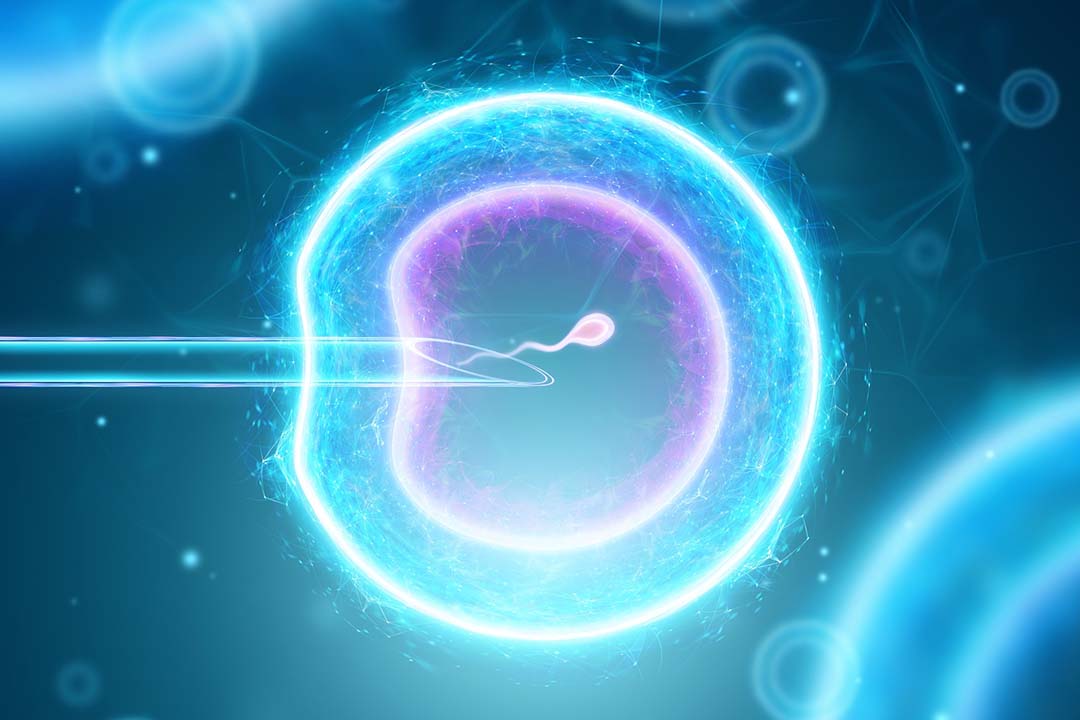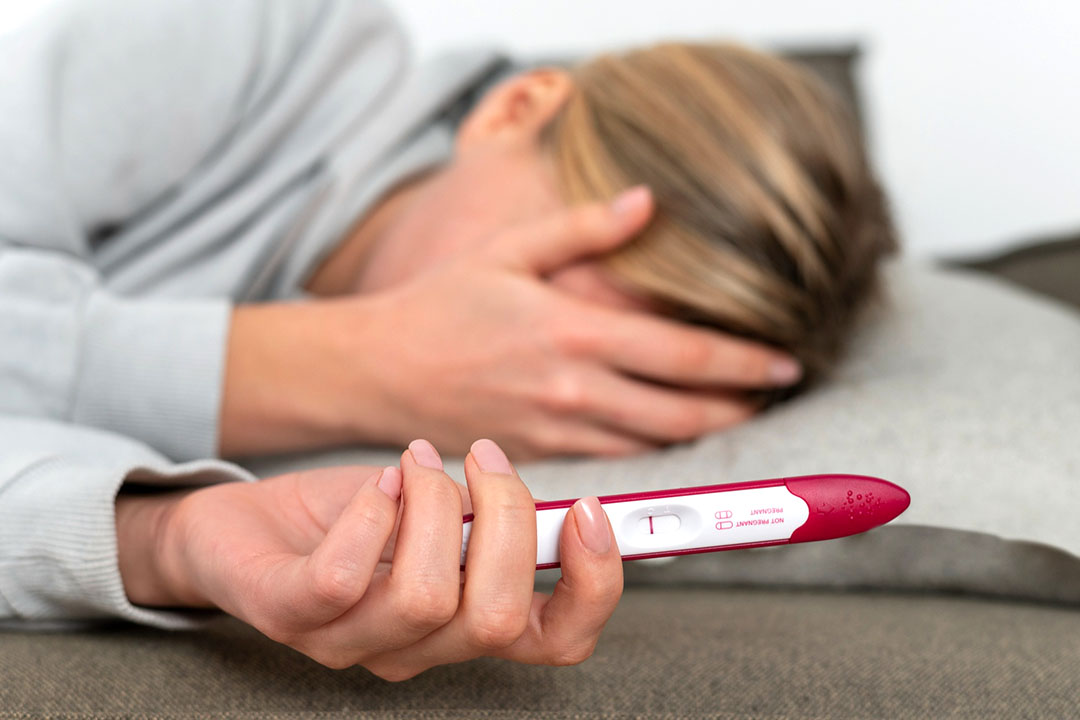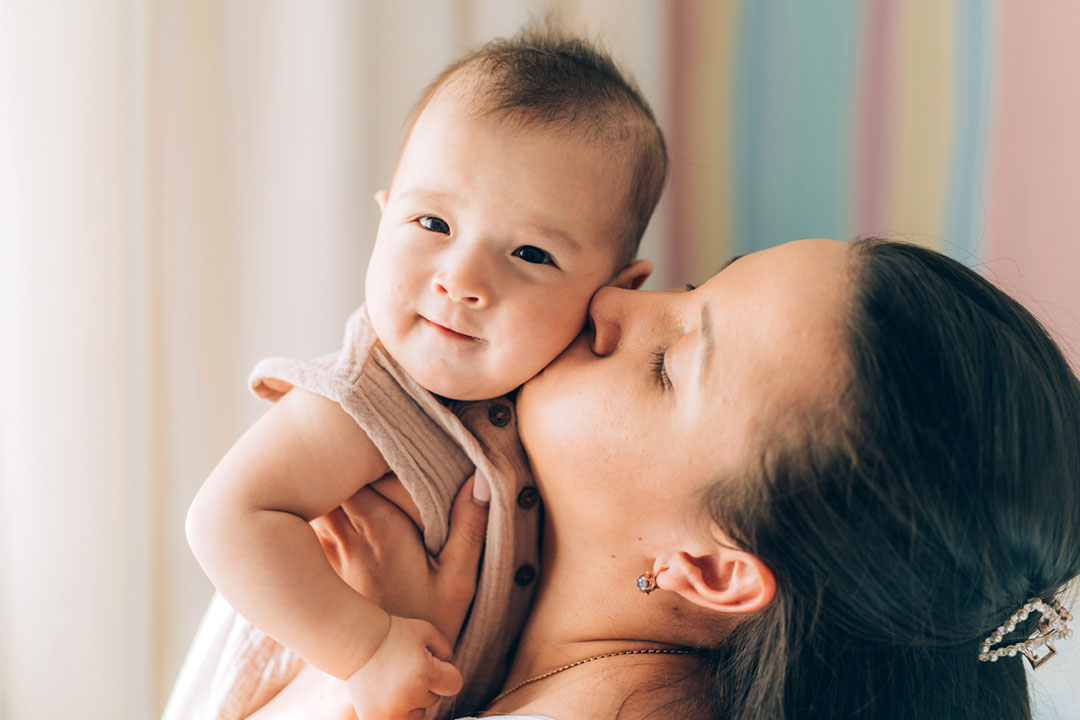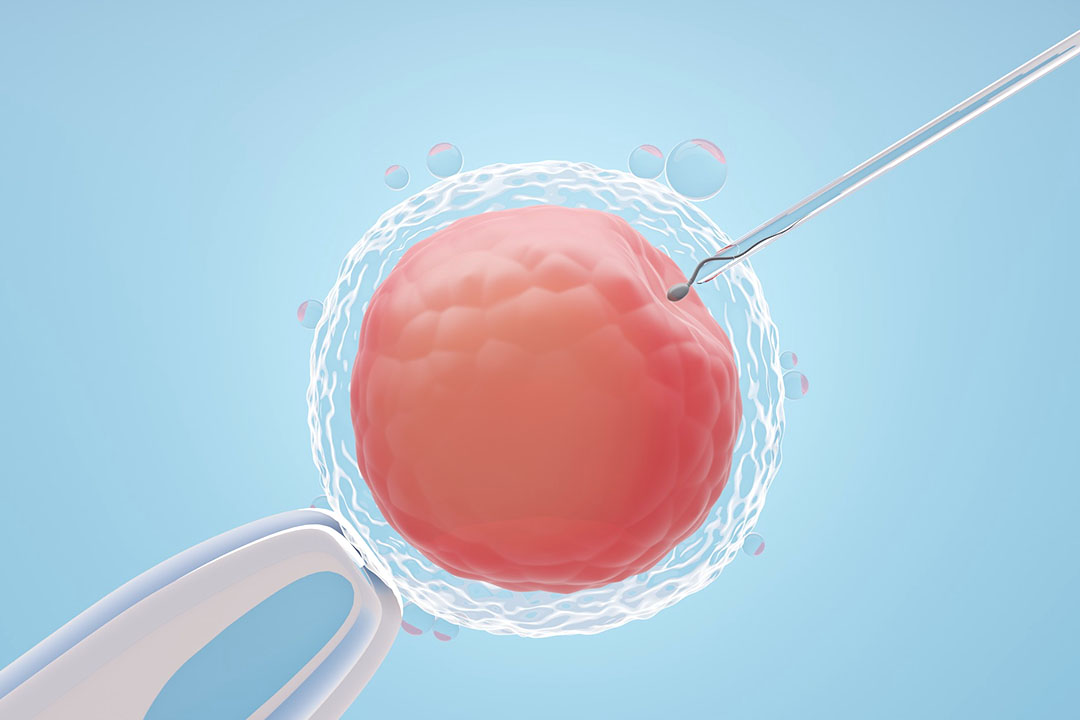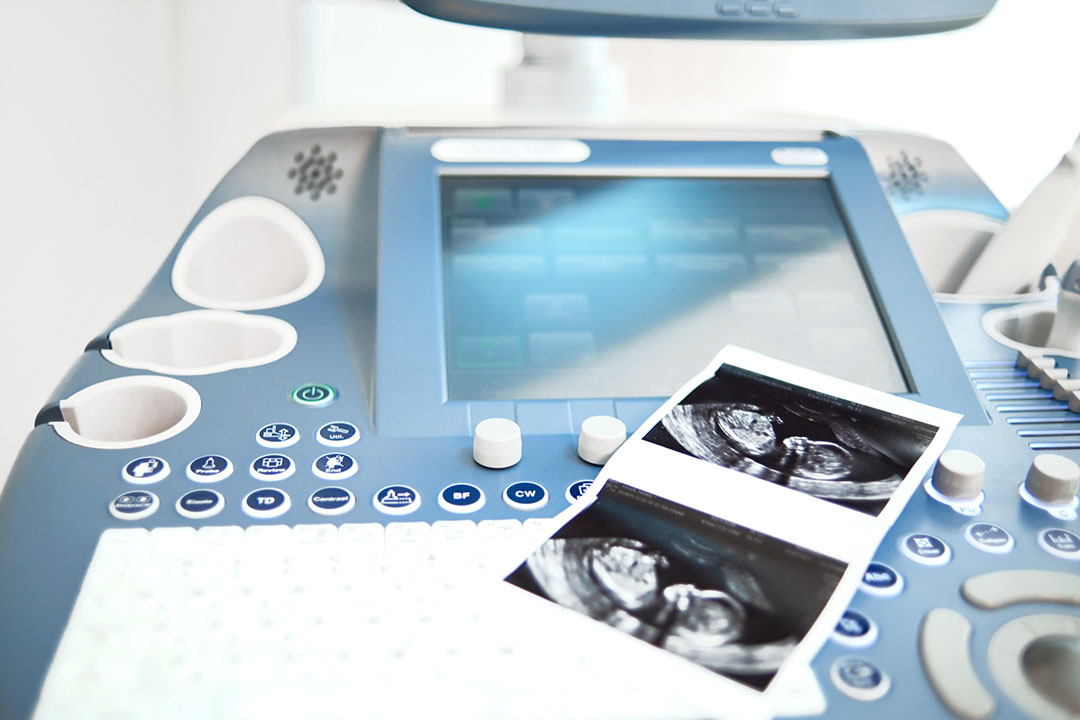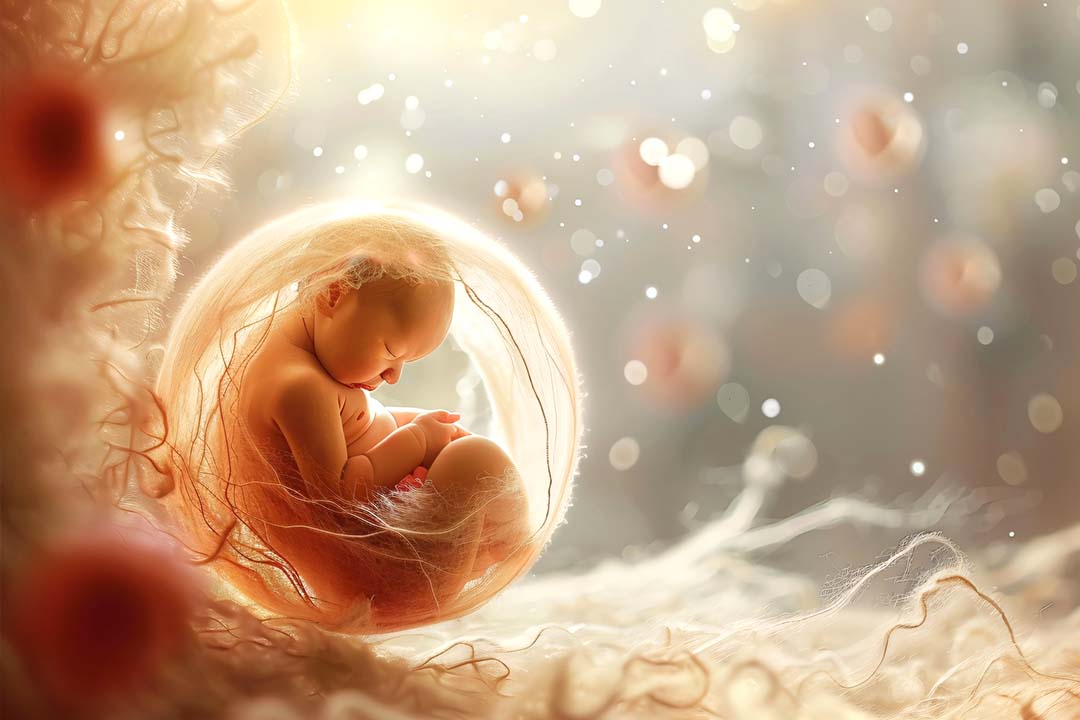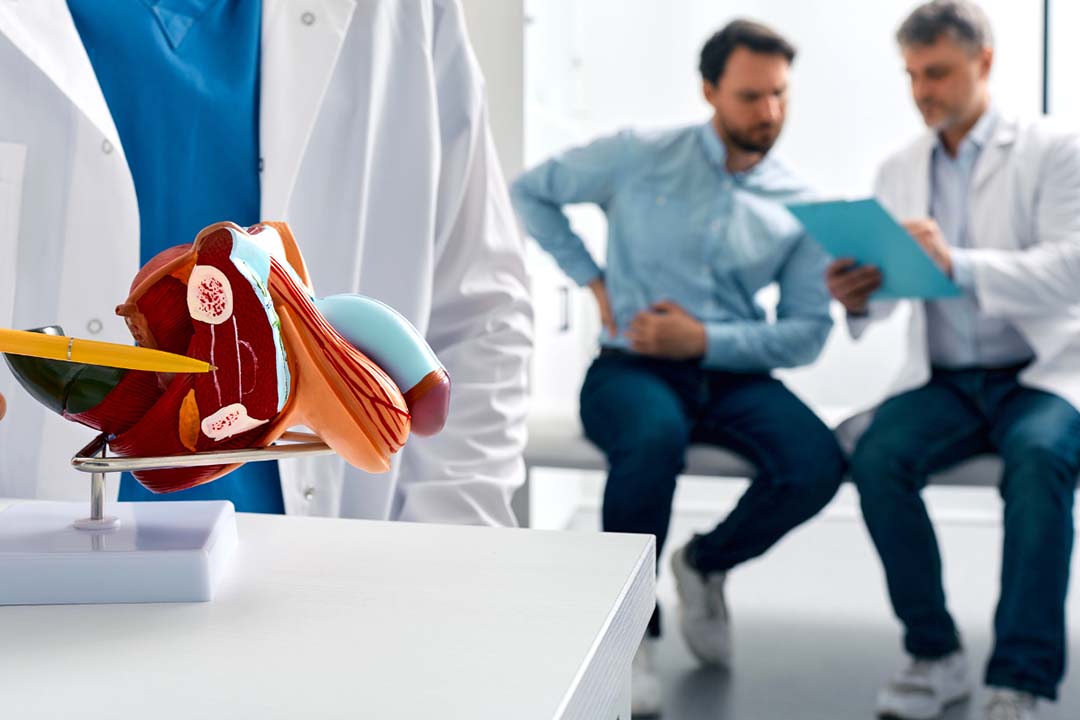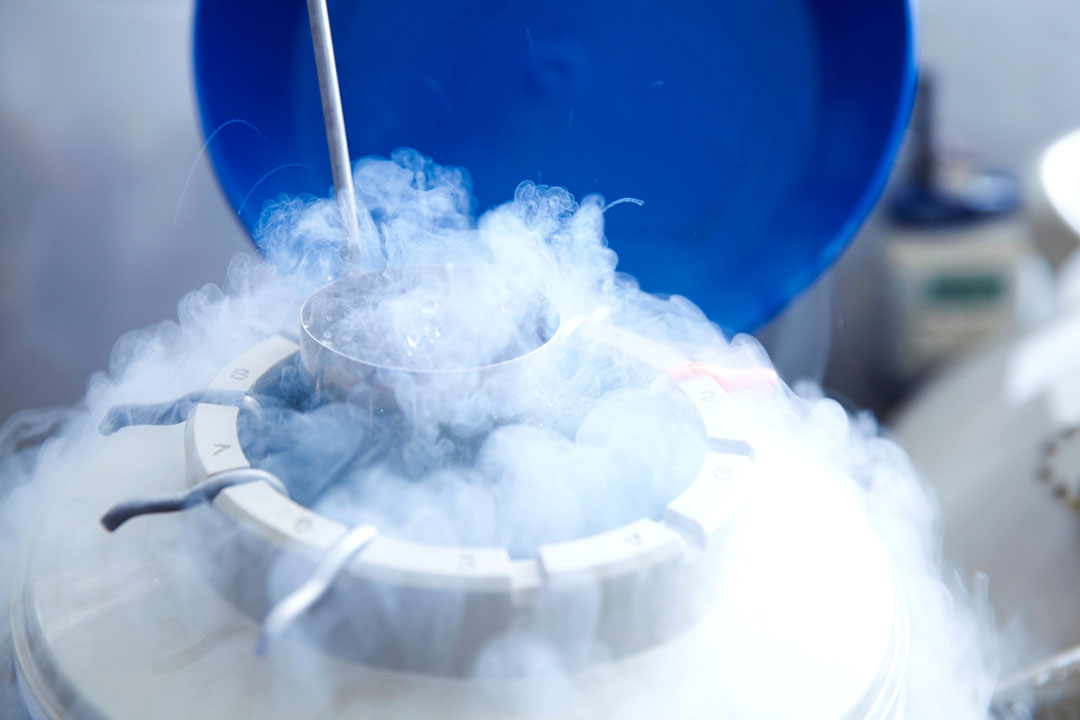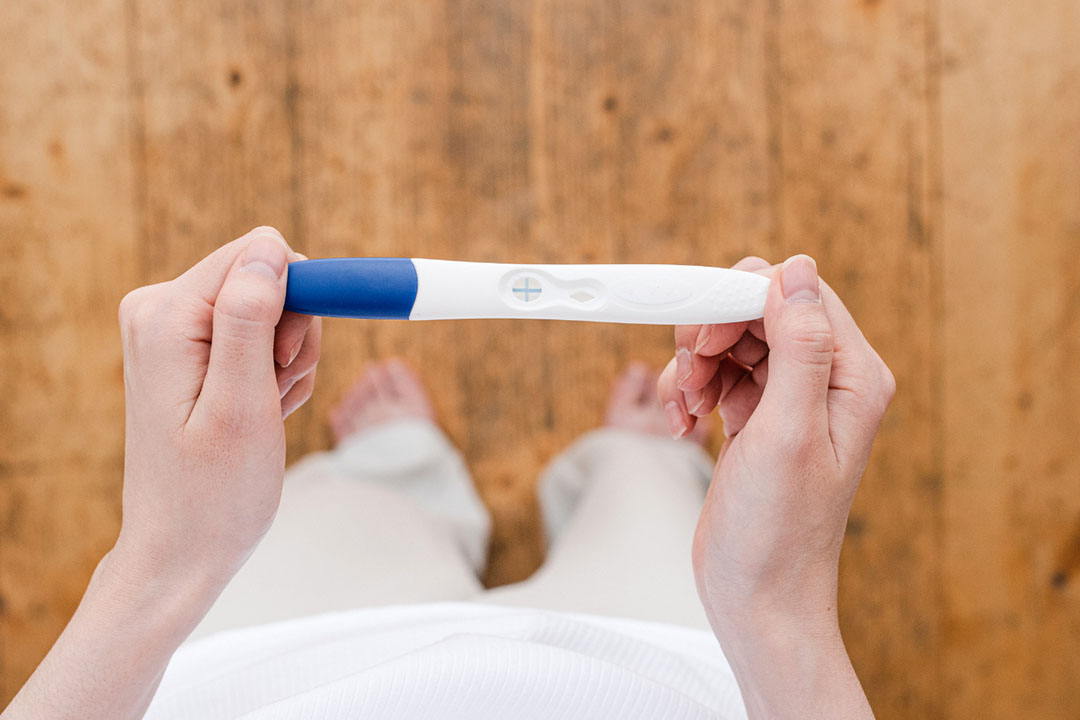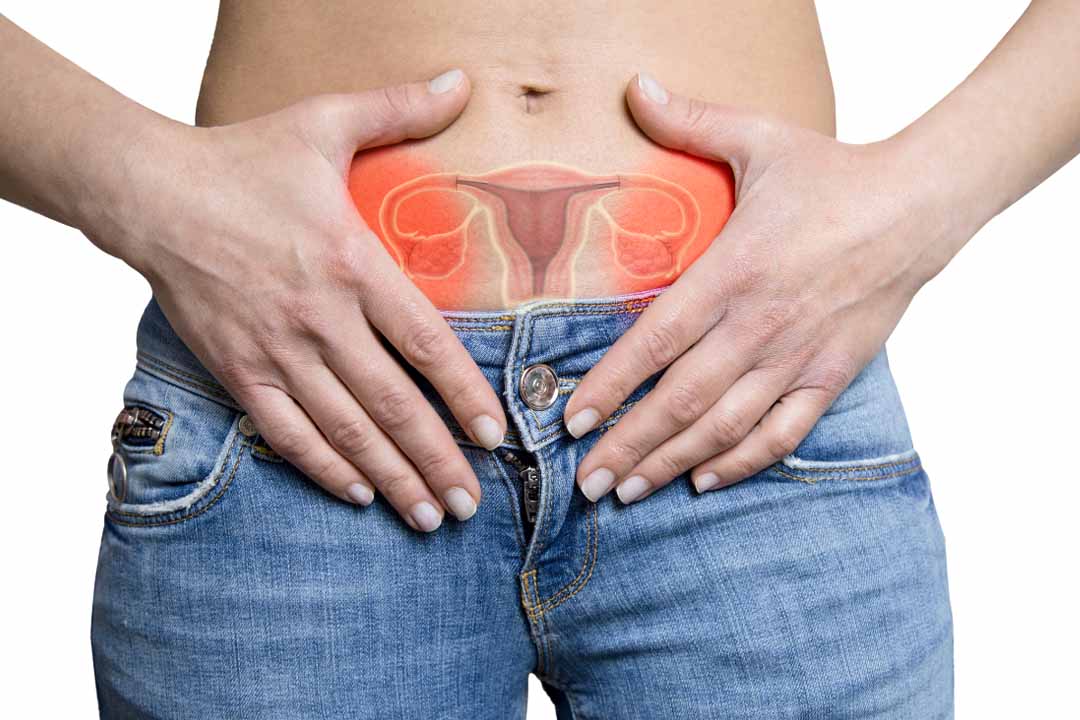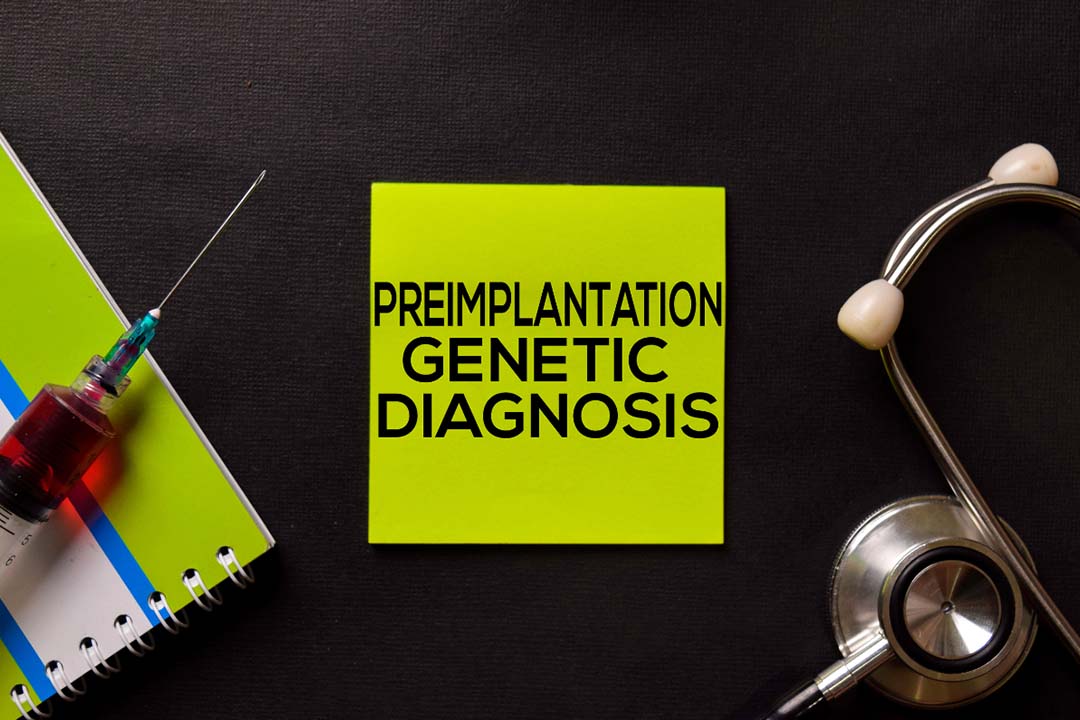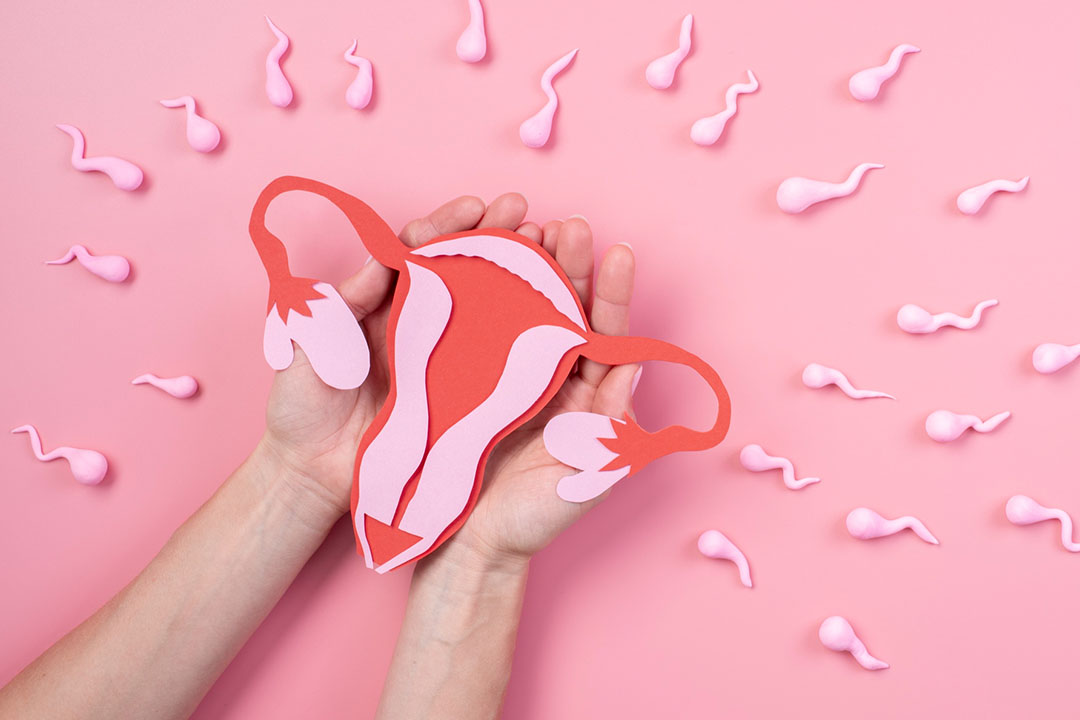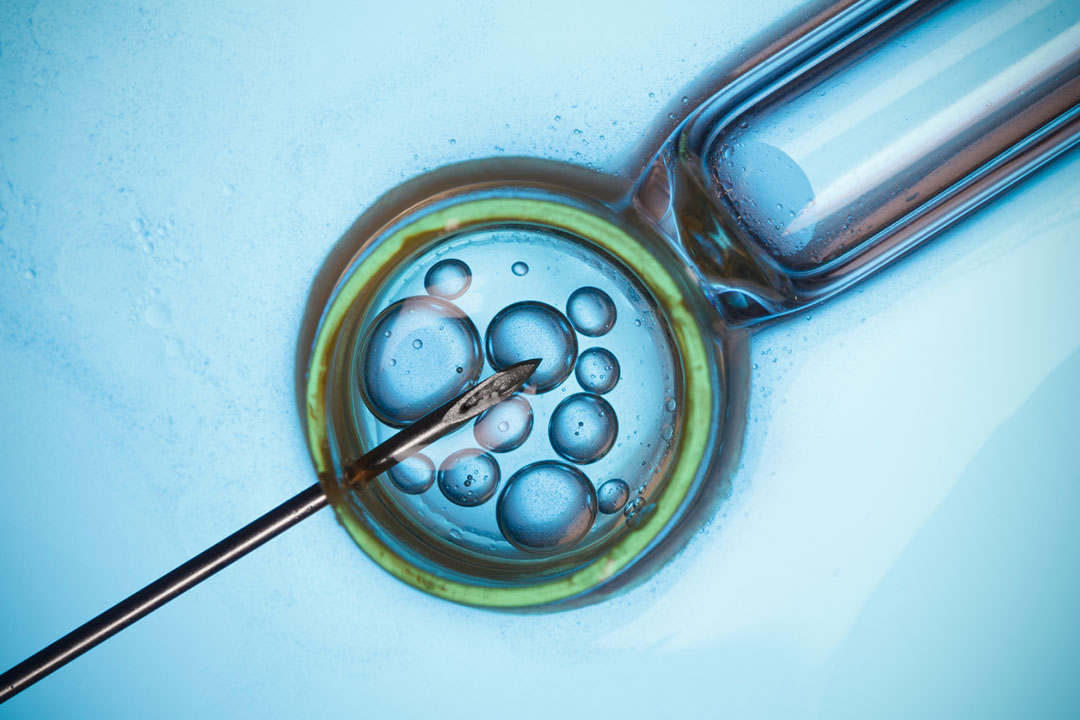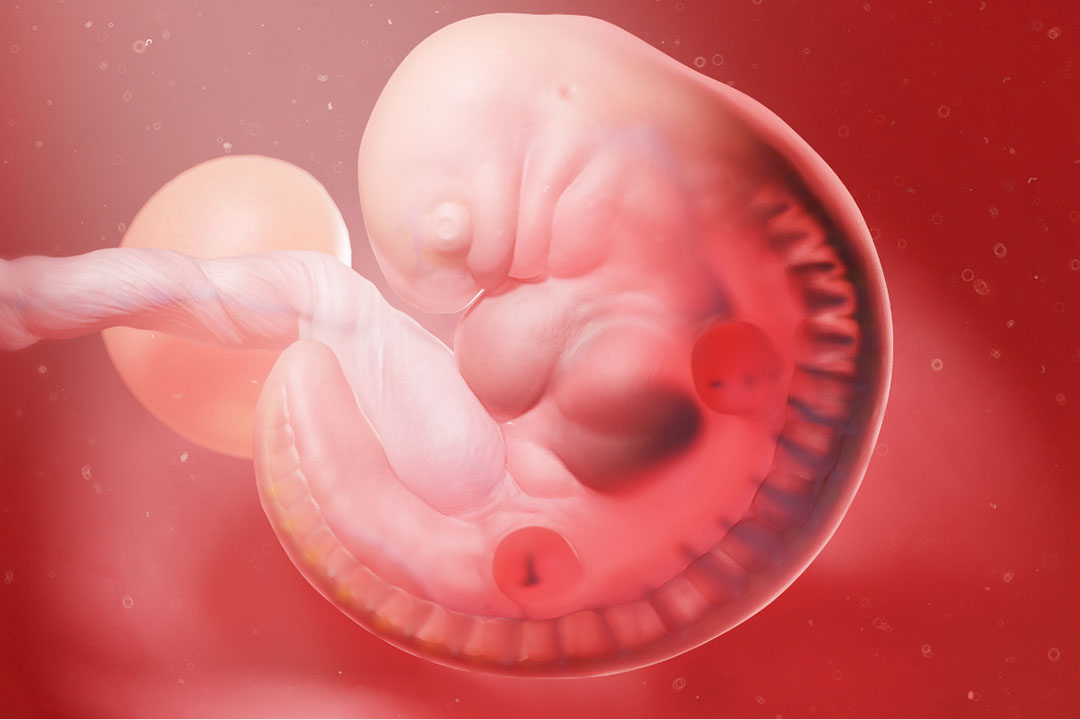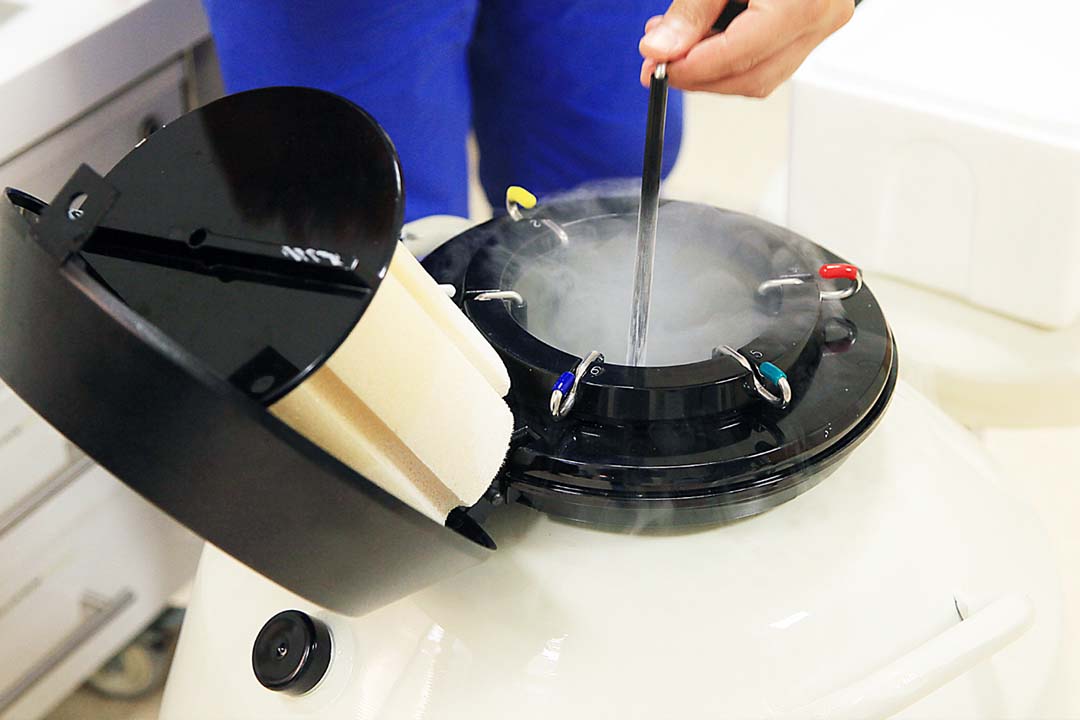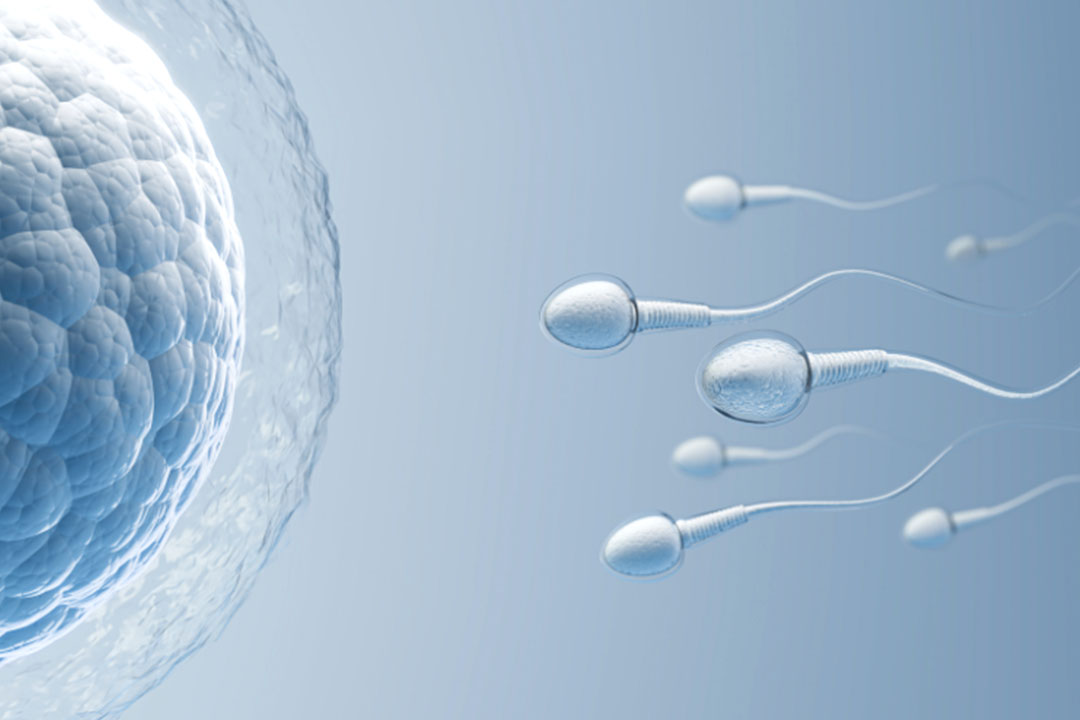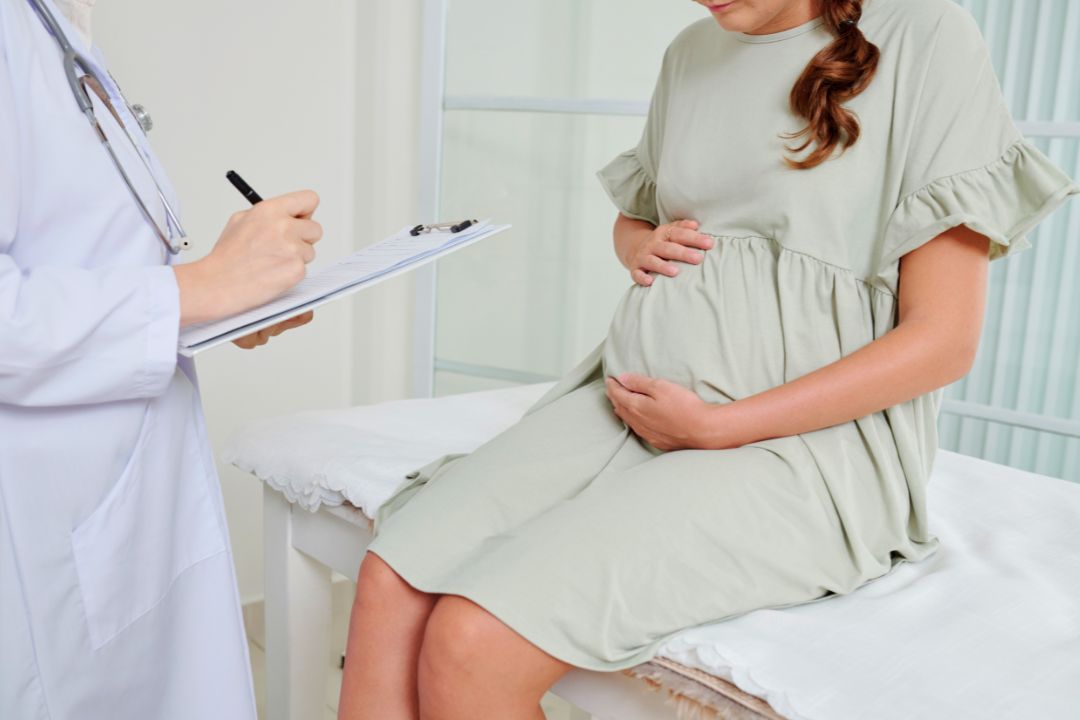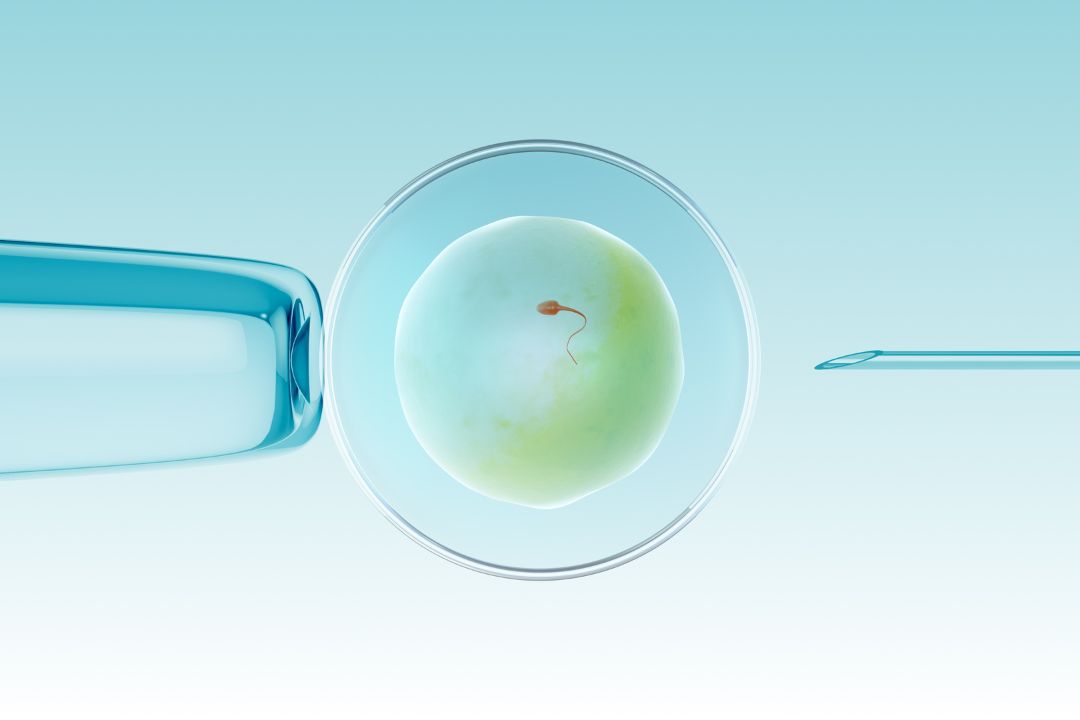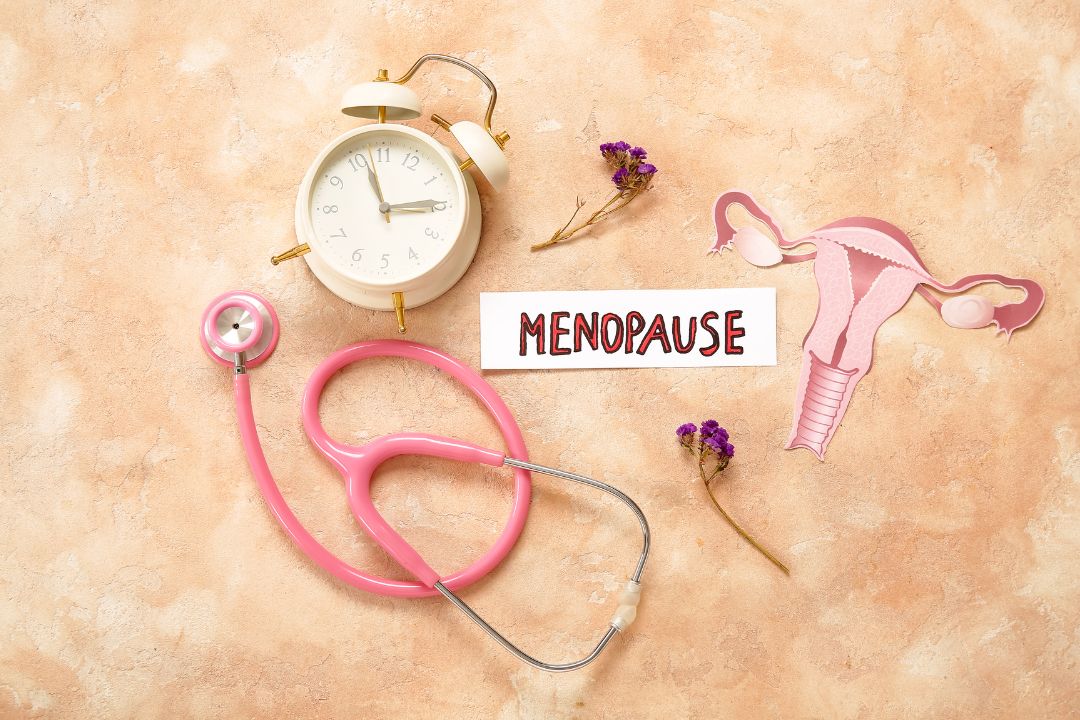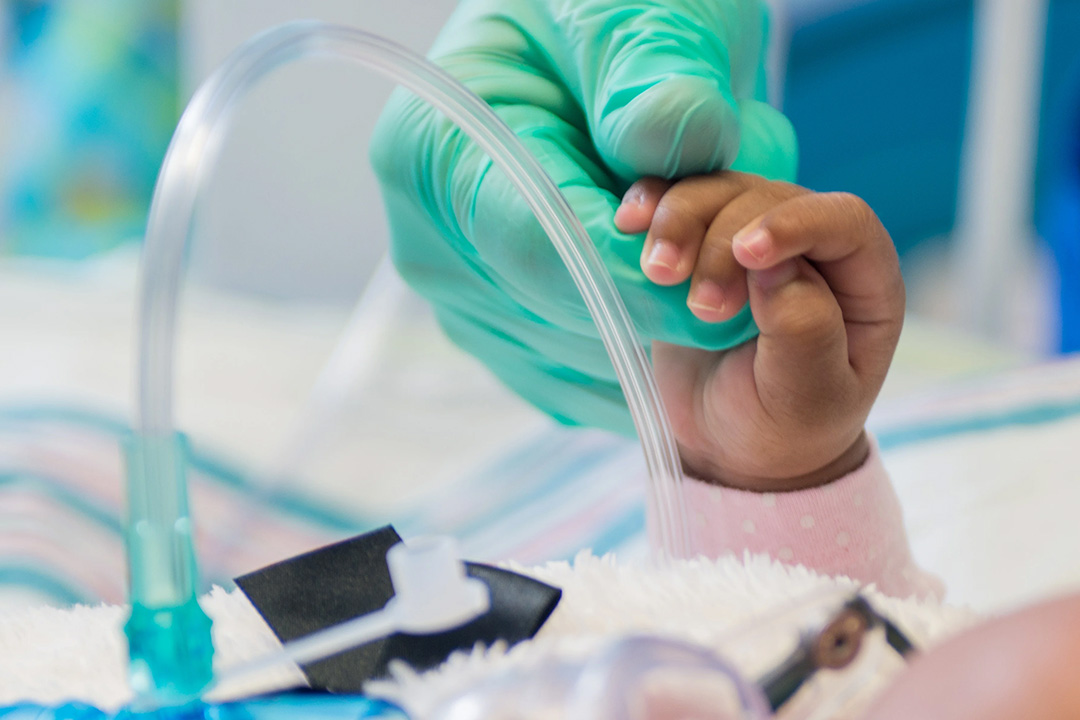IUI Success Symptoms: Understanding Early Indicators of Pregnancy After Intrauterine Insemination (IUI)
IUI is considered one of the most common fertility therapies. The period after completion of an IUI might be exciting yet a little thrilling to determine whether this specific treatment has resulted in delivery. Some try to get early signs or symptoms after the IUI process, this can indicate that pregnancy should be commenced.
This article reviews the IUI success from the earliest signs, barely detectable, to the later, more distinct signs of pregnancy. This acts as a roadmap of what to expect in the days and weeks after IUI.

Understanding IUI and the Initial Waiting Period
IUI involves placing sperm directly into the uterus, timed with ovulation, to increase the chances of fertilization. The waiting period following IUI is known as the "two-week wait" (TWW), during which it's often too early for a pregnancy test to confirm conception. However, some people may experience early symptoms due to hormonal changes, while others might have few or no signs at all.
Early IUI Success Symptoms
1. Mild Cramping and Spotting
What It Means: Light cramping and spotting, often referred to as “implantation bleeding,” can occur when a fertilized egg attaches itself to the uterine wall, usually around 6-12 days after IUI.
How It Feels: These cramps are typically mild and should not be confused with menstrual cramps. They are often light and localized, accompanied by brownish or pinkish spotting.
2. Breast Tenderness
What It Means: Hormonal changes due to rising progesterone levels can lead to breast tenderness or sensitivity.
How It Feels: Many report their breasts feeling heavier or more sensitive to touch, a symptom also common in premenstrual syndrome (PMS).
3. Increased Fatigue
What It Means: If the IUI is successful, the body begins producing more progesterone to support the pregnancy, which can lead to fatigue.
How It Feels: This fatigue can feel different from regular tiredness, often appearing unexpectedly and not relieved by sleep.
4. Bloating and Digestive Changes
What It Means: Hormonal fluctuations, especially progesterone, can slow down the digestive system, leading to bloating and mild constipation.
How It Feels: Bloating post-IUI may resemble PMS-related bloating but could last longer and feel more intense.
5. Increased Basal Body Temperature (BBT)
What It Means: A continuous rise in basal body temperature after ovulation can indicate the body's efforts to sustain a pregnancy.
How It Feels: BBT typically remains slightly elevated during the luteal phase, but if it stays high beyond this period, it could suggest a successful IUI.
6. Mood Swings and Emotional Changes
What It Means: Hormonal surges are a common reason for mood swings.
How It Feels: Many experience irritability, tearfulness, or heightened emotional sensitivity after IUI, which may signal early pregnancy.
Symptoms During the First IUI Success Experience
For those experiencing IUI success for the first time, there is a natural tendency to be anxious or not know what is normal. Everybody is different, and symptoms may vary greatly. Knowing these signs can help to alleviate some of that anxiety and reassure them.
Here are some specific signs that are more pronounced for those having their first IUI success:
1. Increased Sensitivity to Smells
What It Means: A heightened sense of smell can be an early pregnancy sign due to increased estrogen levels.
How It Feels: Smells may suddenly become overwhelming or unpleasant, which can often be surprising for those not typically sensitive to odors.
2. Nausea or Food Aversions
What It Means: Some women experience nausea or aversions to specific foods early in pregnancy.
How It Feels: Nausea may be mild at first but can grow stronger as HCG (human chorionic gonadotropin) levels rise.
3. Mild Headaches or Dizziness
What It Means: Changes in blood flow and hormone levels can lead to mild headaches or occasional dizziness.
How It Feels: These symptoms are often short-lived but may appear sporadically during early pregnancy.
Recognizing First-Time IUI Success Symptoms
Those new to IUI may wonder if symptoms differ after their initial attempt. While some signs like cramping, fatigue, and bloating are common, individuals might also experience:
Intensified Symptoms: The body's hormonal response may feel stronger during the first successful IUI cycle due to increased sensitivity.
Emotional Awareness: Anxiety around the treatment's success can heighten emotional awareness, making certain symptoms feel more pronounced.
IUI Success Symptoms as Pregnancy Progresses
As the pregnancy progresses after the initial two-week wait, some individuals may begin to experience more definitive pregnancy signs, such as:
- Missed Period: Missing a menstrual period is often one of the clearest signs of pregnancy. However, some may have spotting that could be mistaken for a light period.
- Frequent Urination: Due to hormonal shifts, early pregnancy can cause an increase in urinary frequency.
- Positive Pregnancy Test: Typically, it is advisable to take a pregnancy test 14 days post-IUI to confirm pregnancy, as testing too early could yield inaccurate results. emotions
Differentiating IUI Success Symptoms from Premenstrual Symptoms
Some symptoms of a successful IUI often look like premenstrual discomforts, such as breast tenderness and mood swings, and often cramping. However, some are more specific to an early pregnancy:
- Consistent High BBT: While a slight temperature rise is normal post-ovulation, a consistently high temperature beyond the two-week wait may indicate pregnancy.
- Increased nausea or aversion to food: Although exceedingly rare in PMS this symptom is much more characteristic for early pregnancy.
Factors That Influence IUI Success Symptoms
Several factors may determine the onset and intensity of symptoms:
- Hormone levels: The variability in hormone secretions may affect the age and severity at which manifestations appear.
- Health History: Previous health issues, stress levels, and lifestyle will determine how symptoms will manifest.
- Medication: She may be prescribed progesterone supplements for IUI, so the symptoms of pregnancy and medication are similar.
Conclusion: Staying Mindful and Patient
Symptoms after IUI can be a source of hope and confusion. Although early symptoms such as light cramping, bloating, and tiredness may prove that it was successful, they are not confirmatory.
Wait for some time because the timing and the severity of symptoms can occur in varying intervals from person to person. A missed period, persistent high BBT, or positive pregnancy test will eventually prove if the IUI treatment was successful or not.
References

About Us
AKsigen IVF is a premier center for advanced fertility treatments, with renowned fertility experts on our team. Specializing in IVF, ICSI, egg freezing, and other cutting-edge reproductive technologies, AKsigen IVF is committed to helping couples achieve their dream of parenthood. With personalized care and a patient-first approach, AKsigen IVF provides comprehensive fertility solutions under one roof.





















